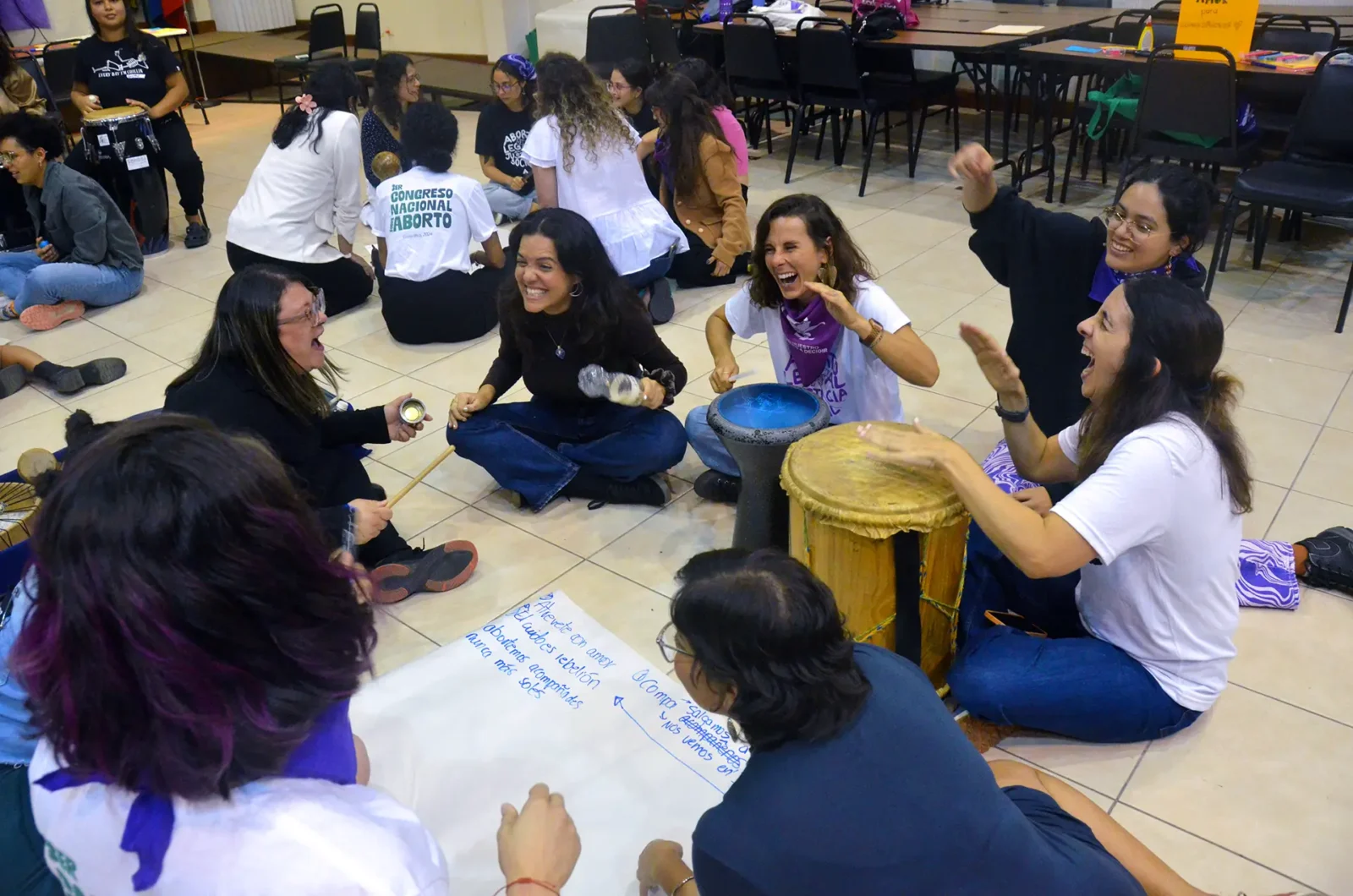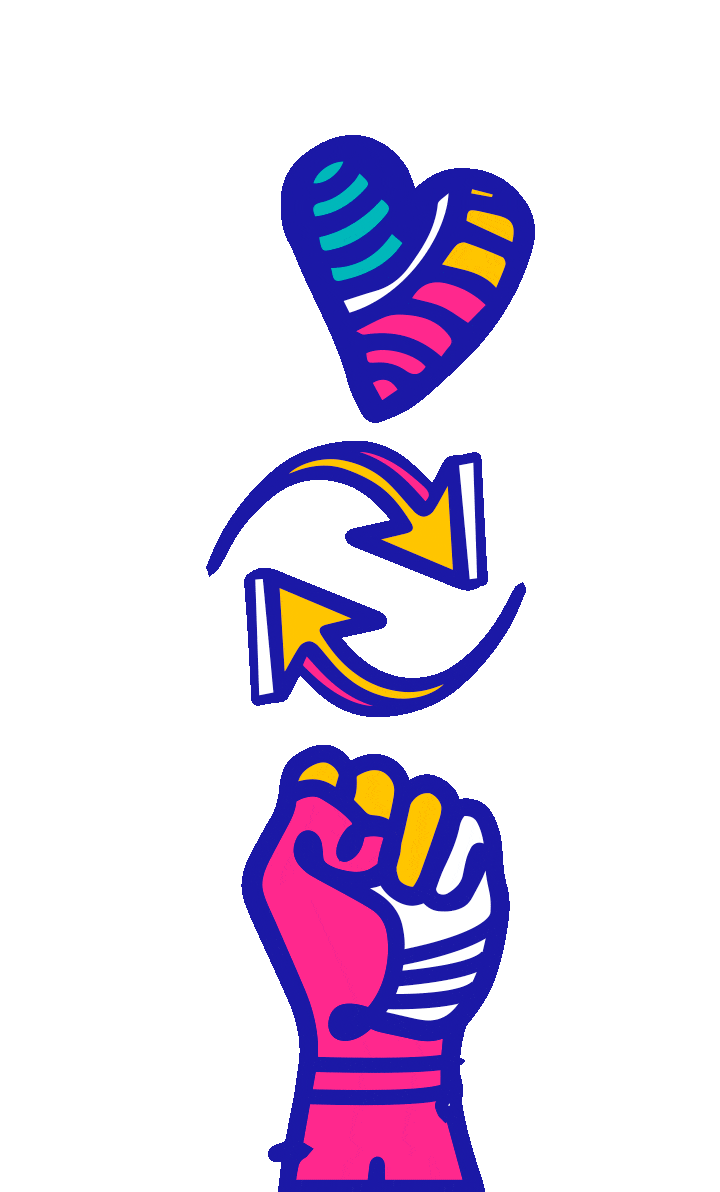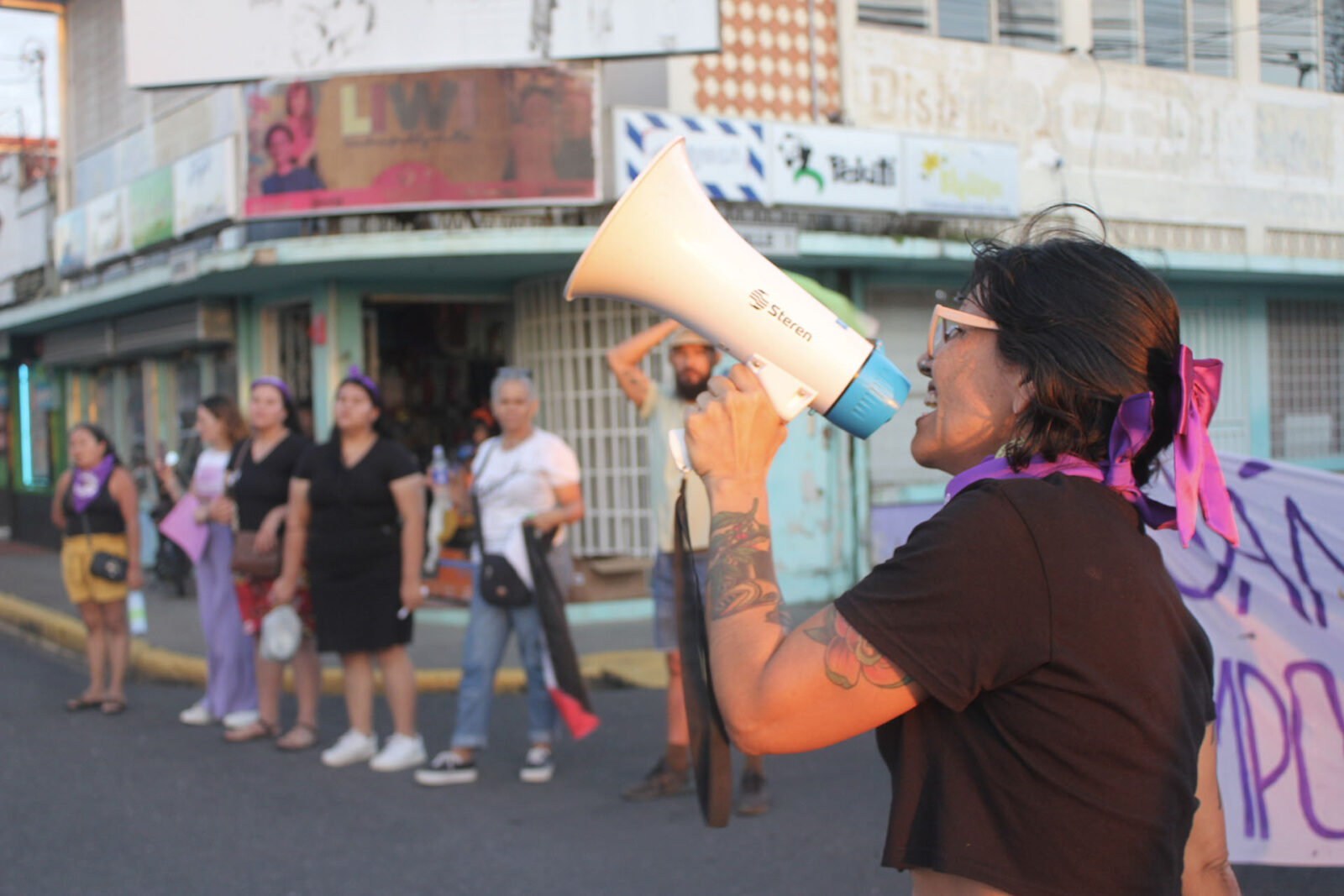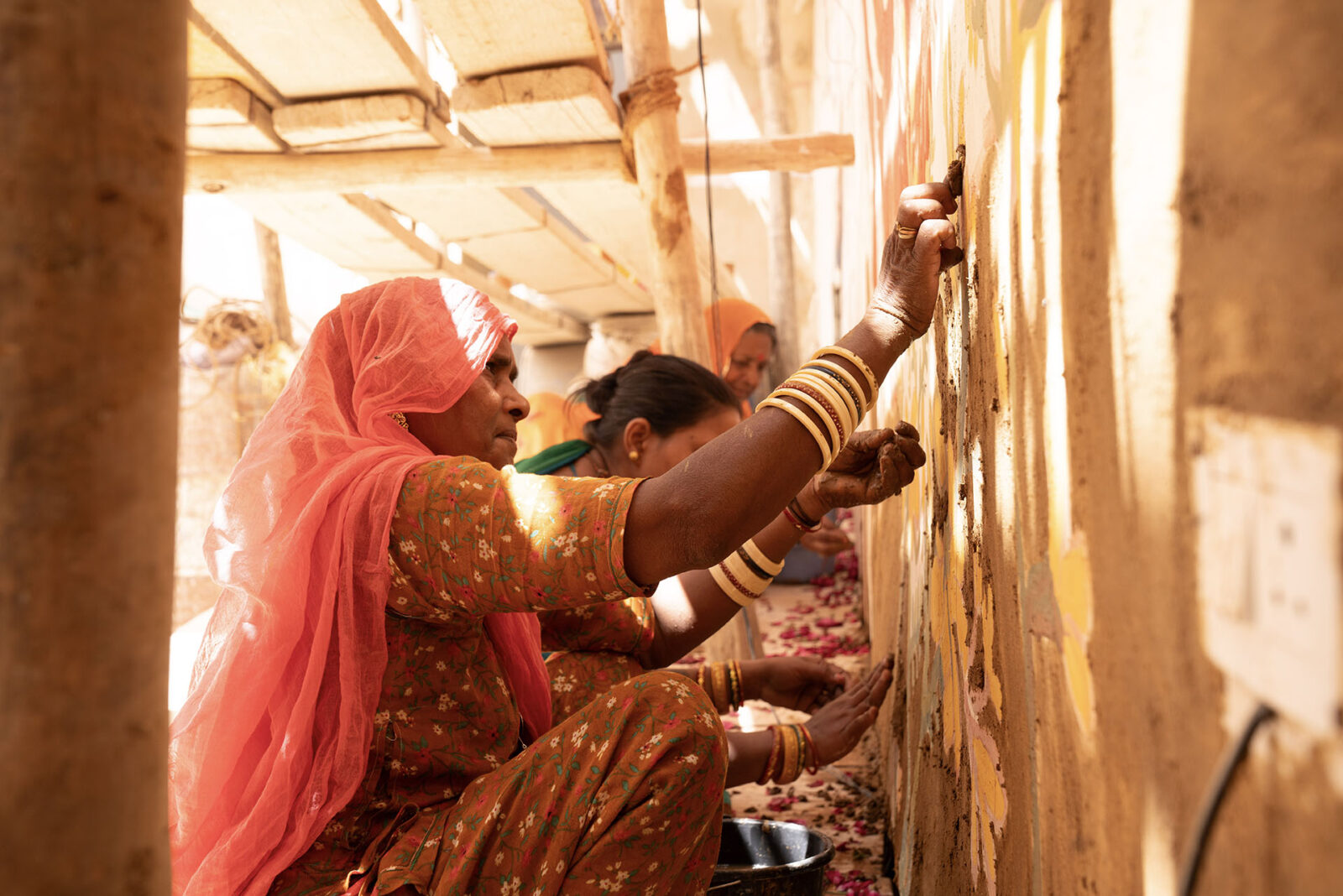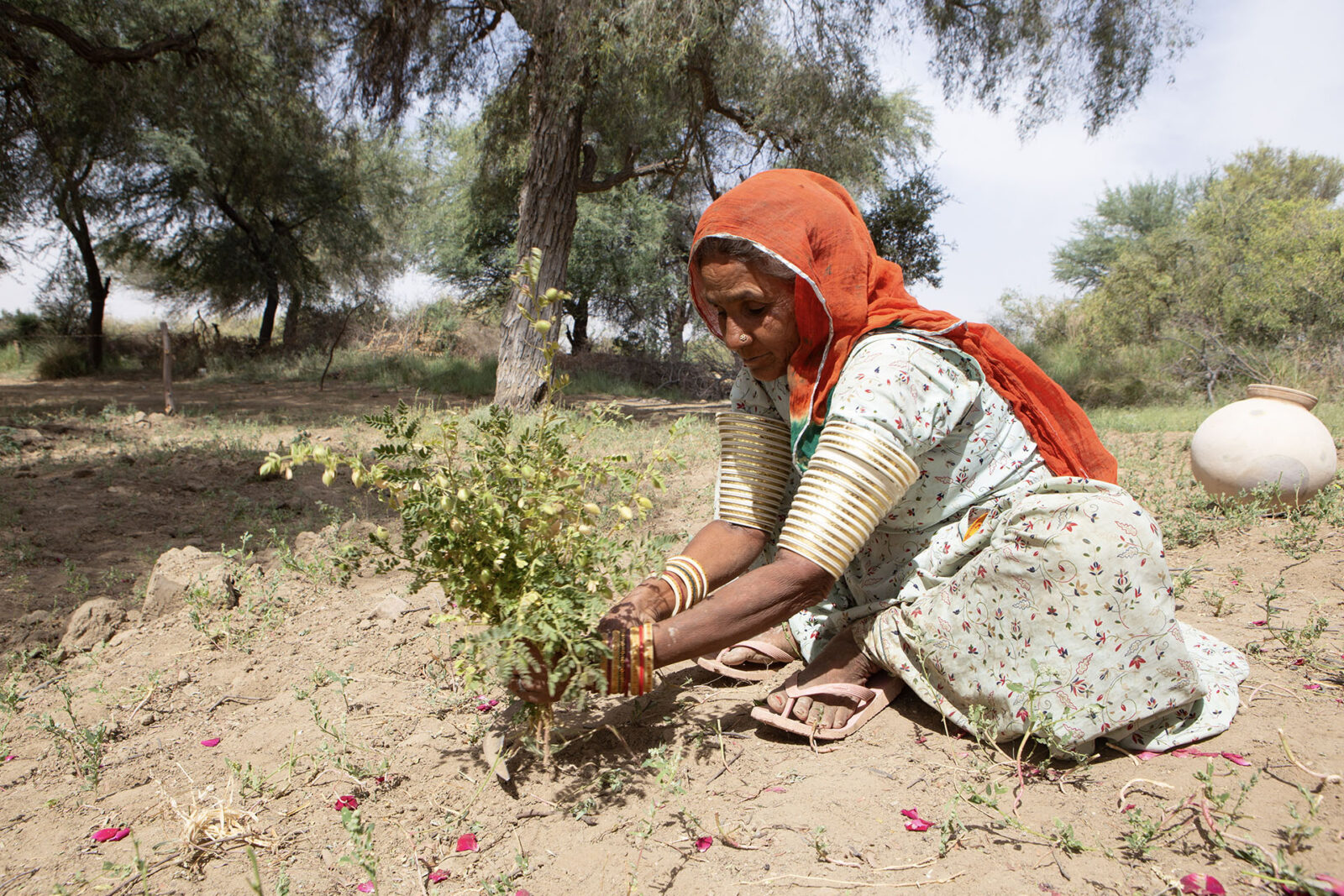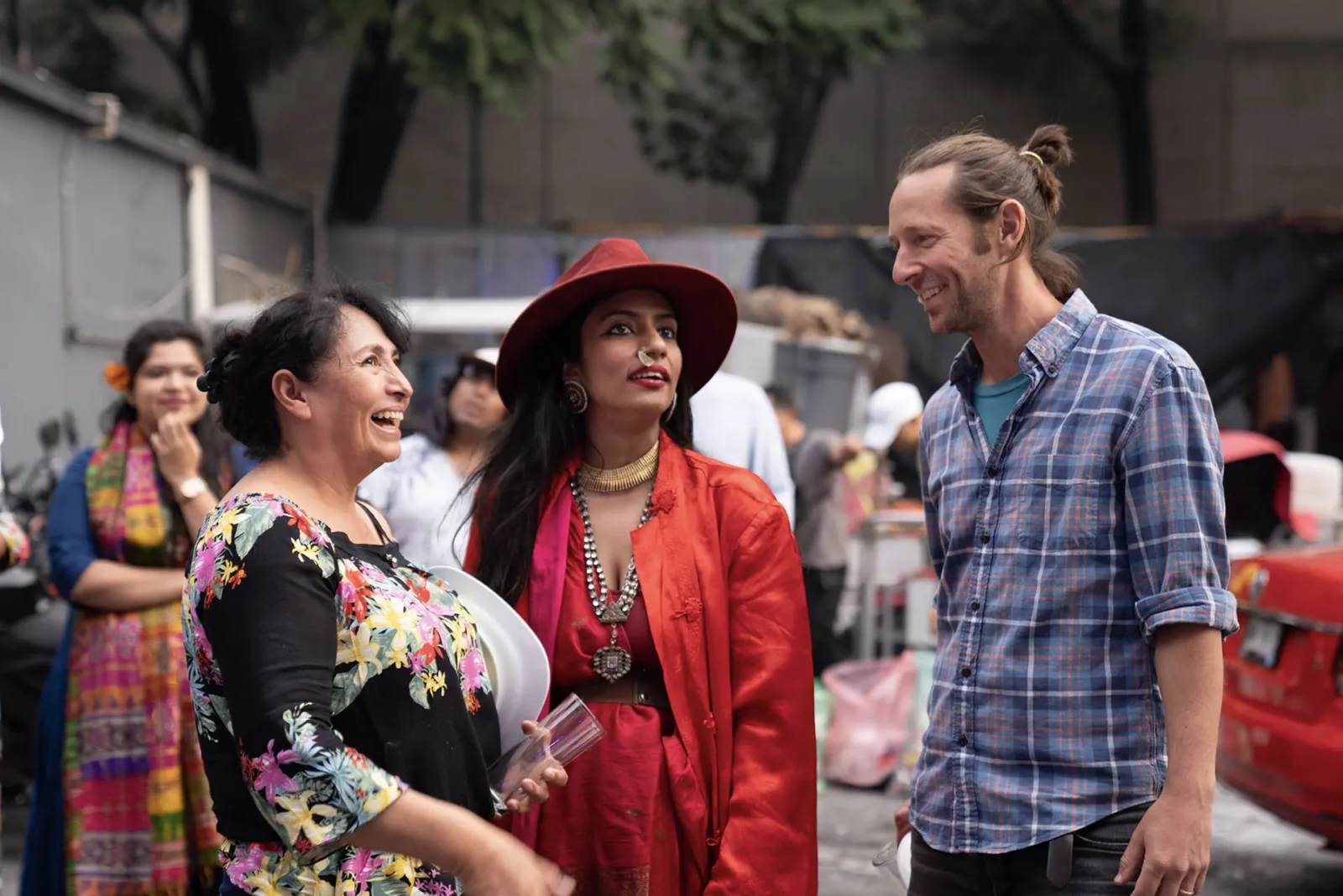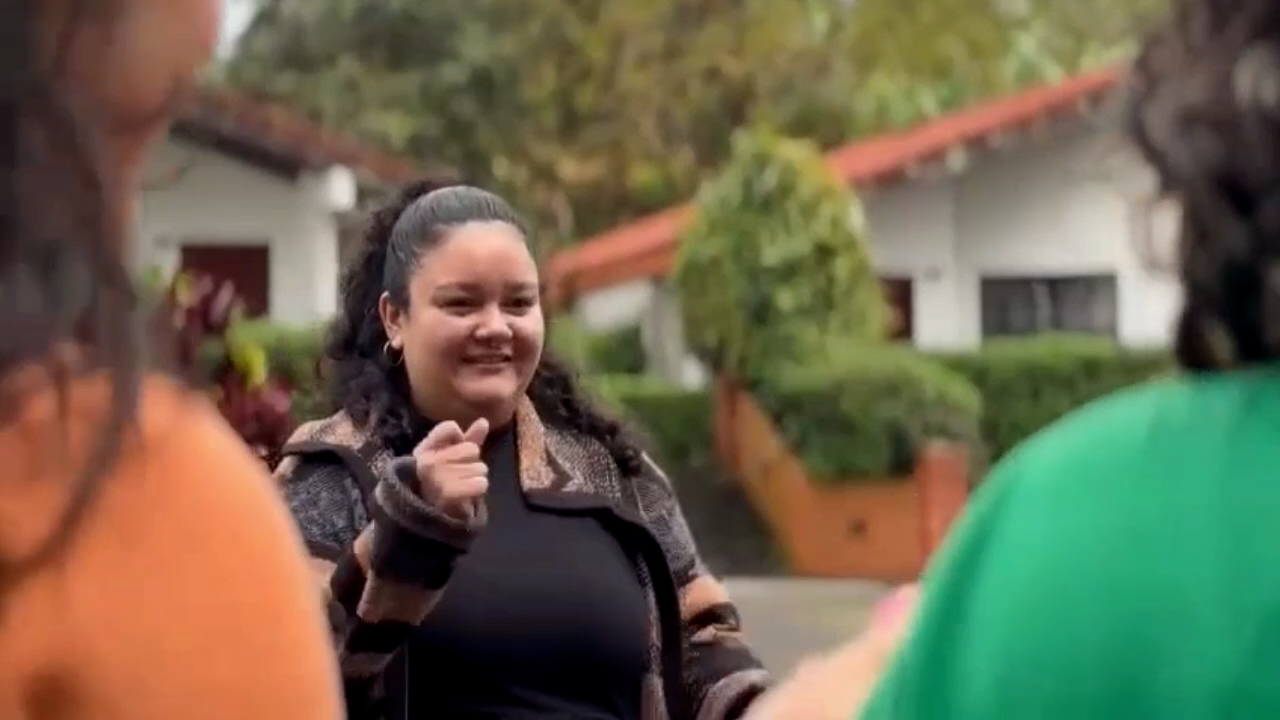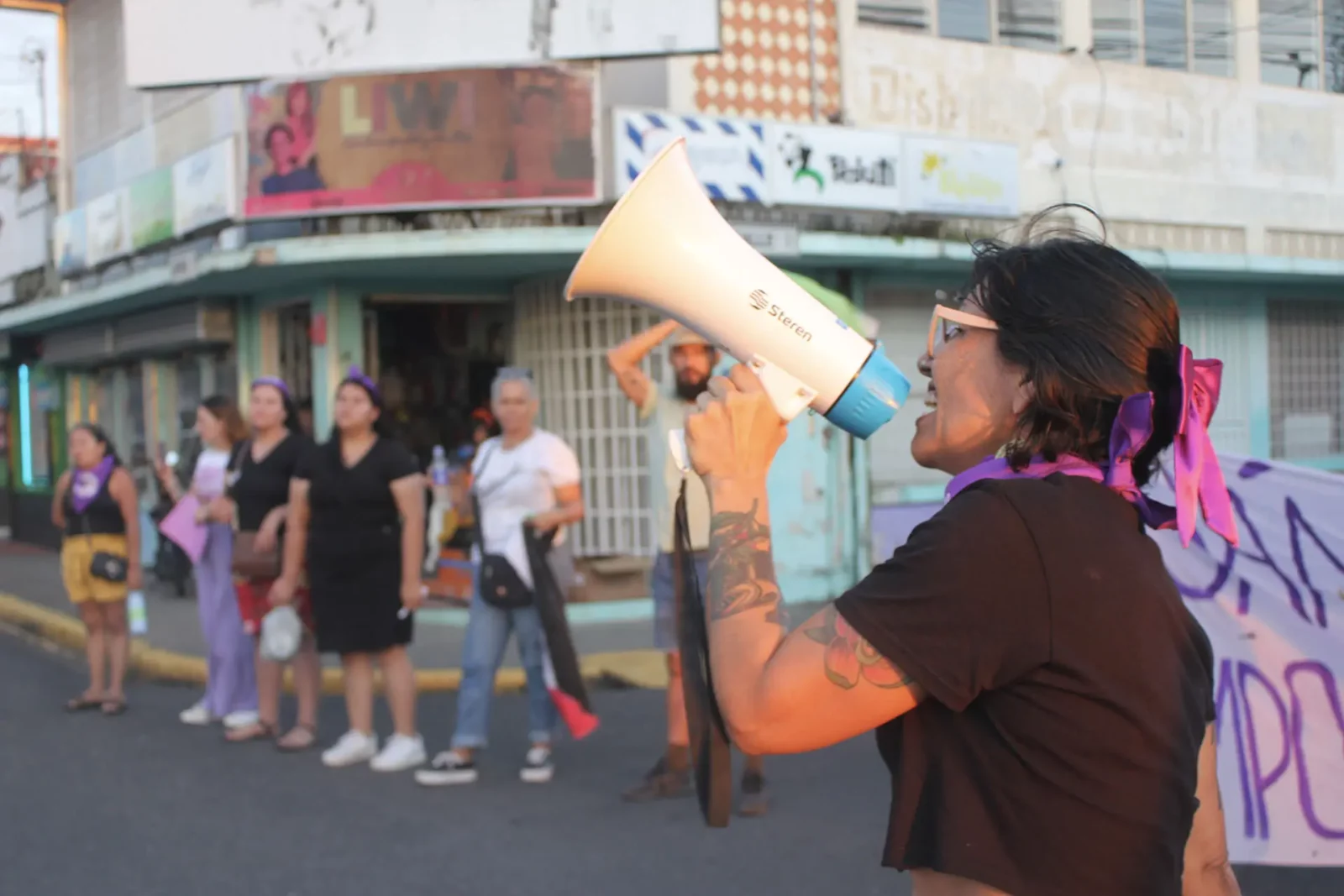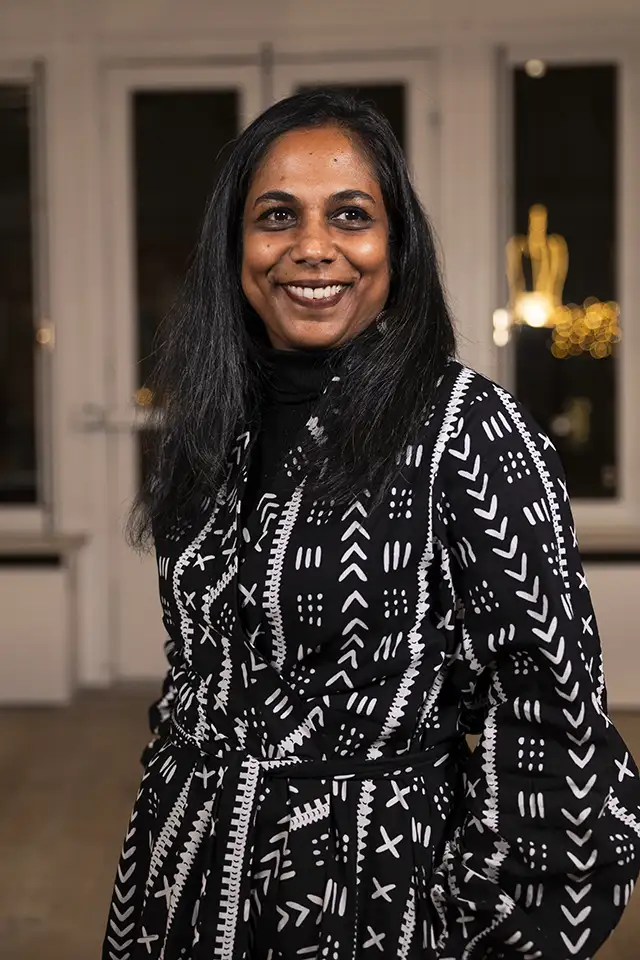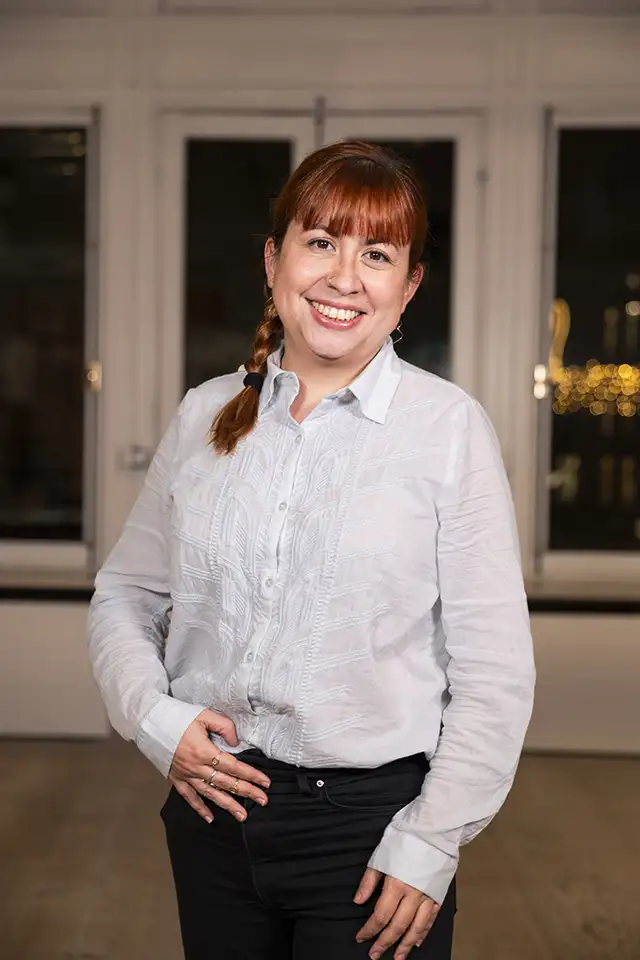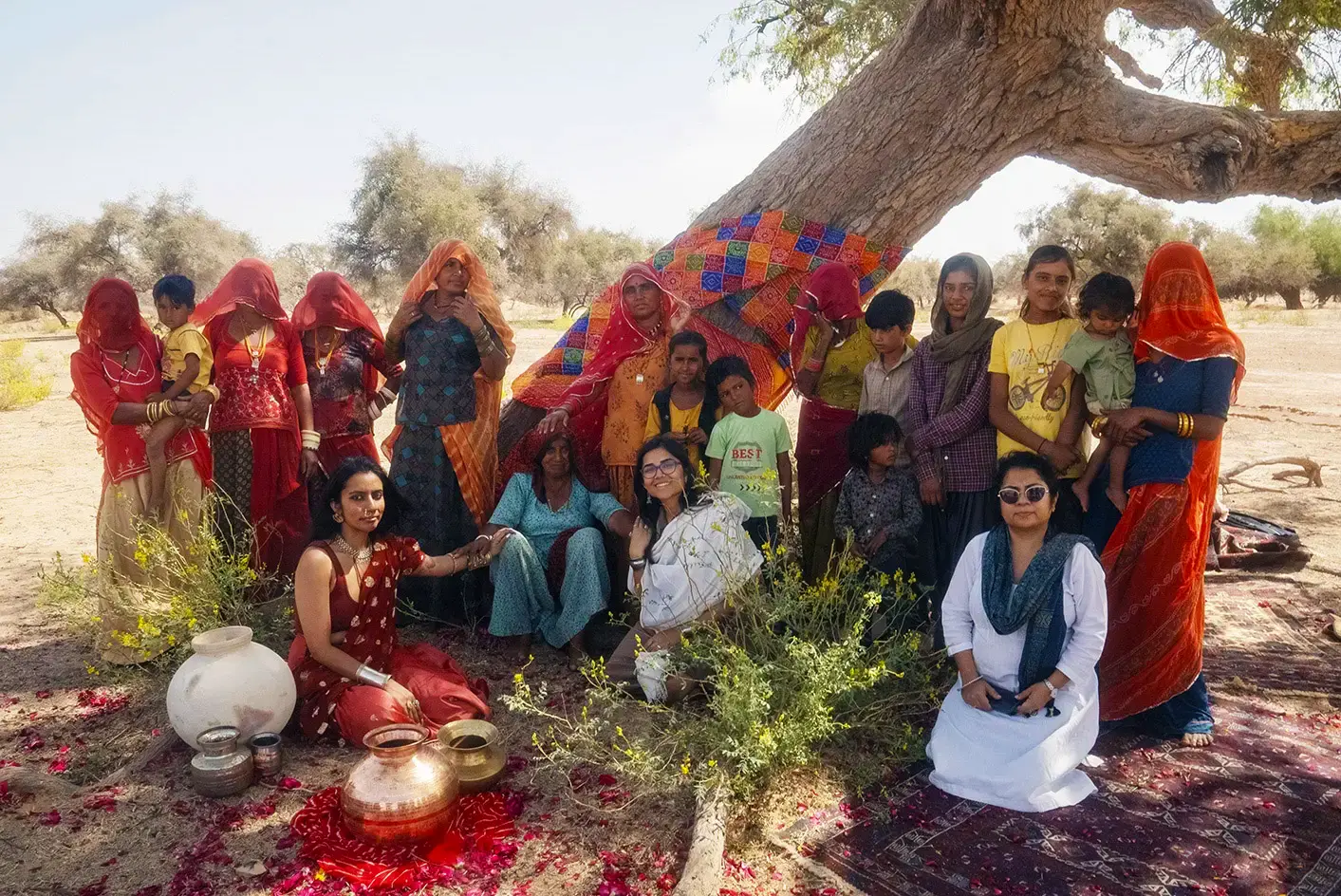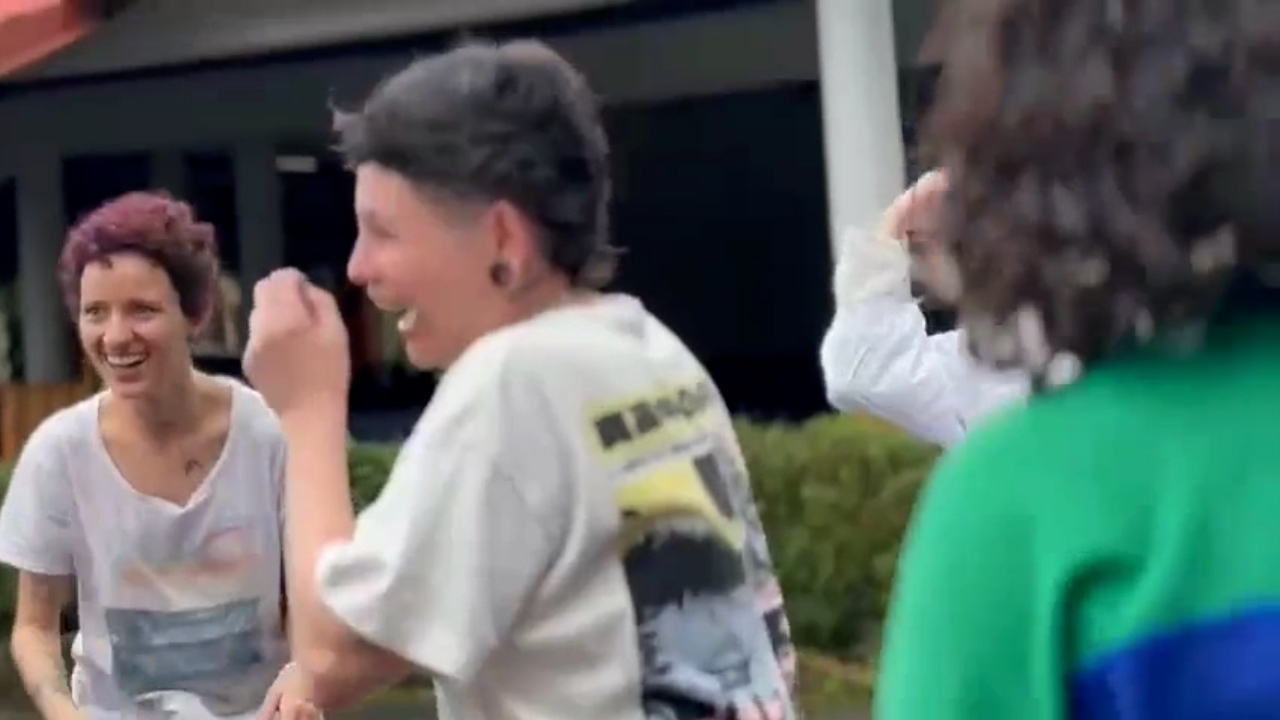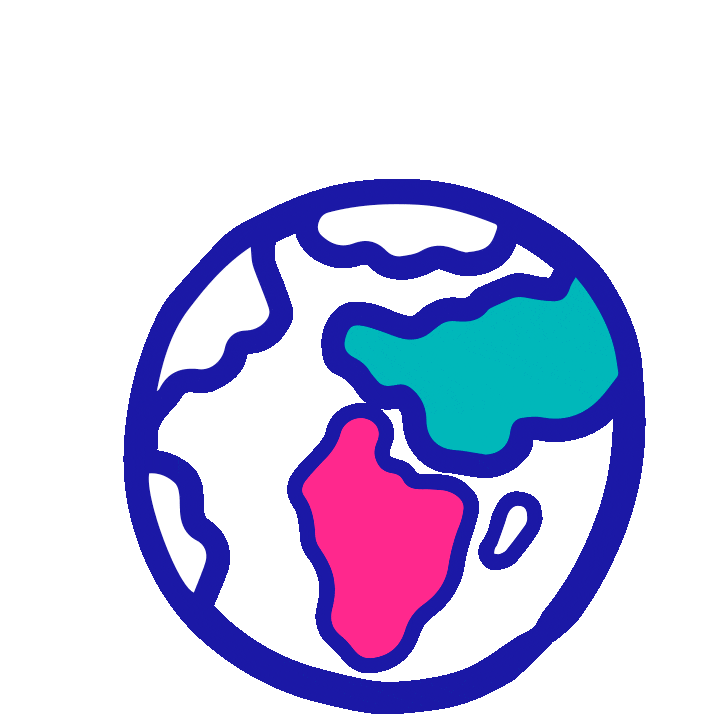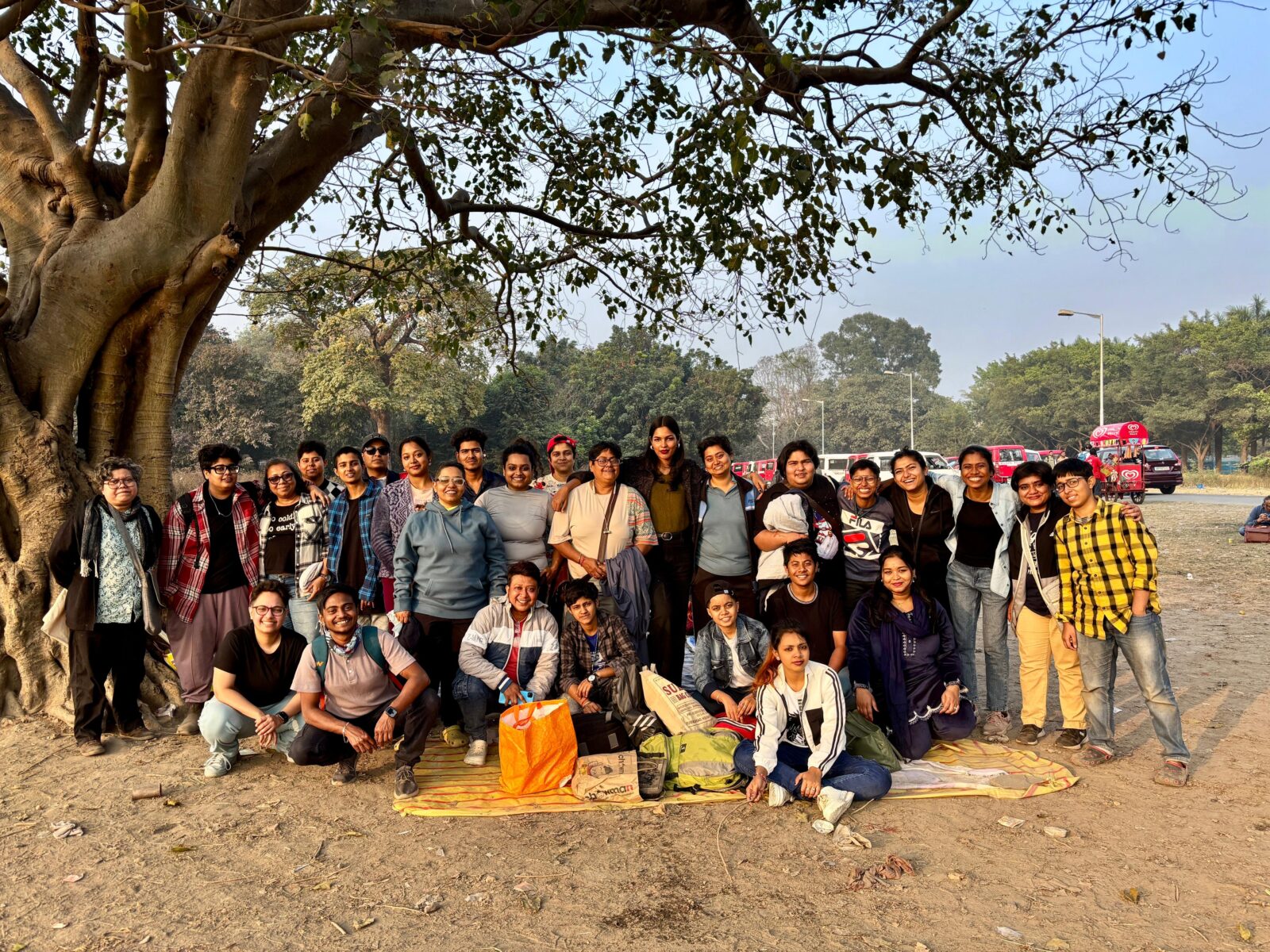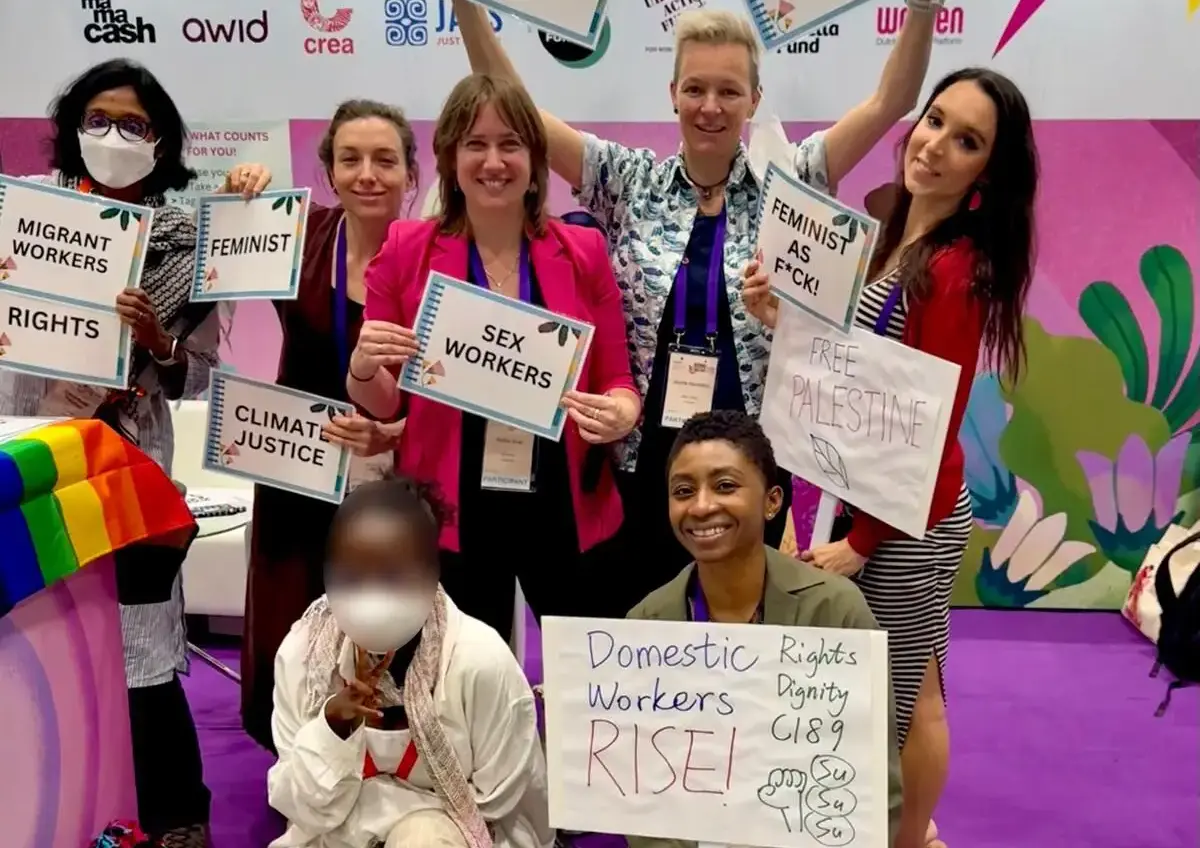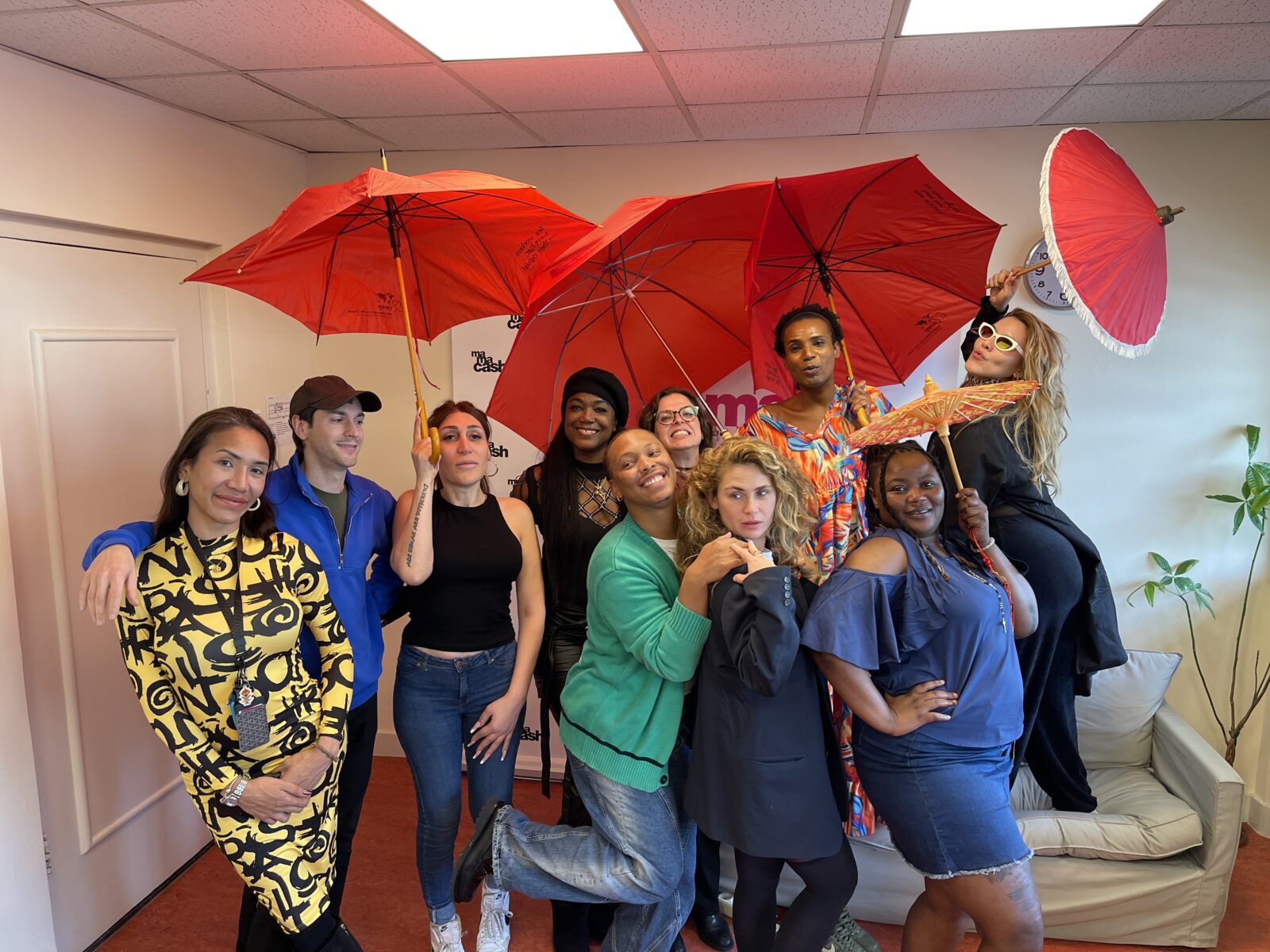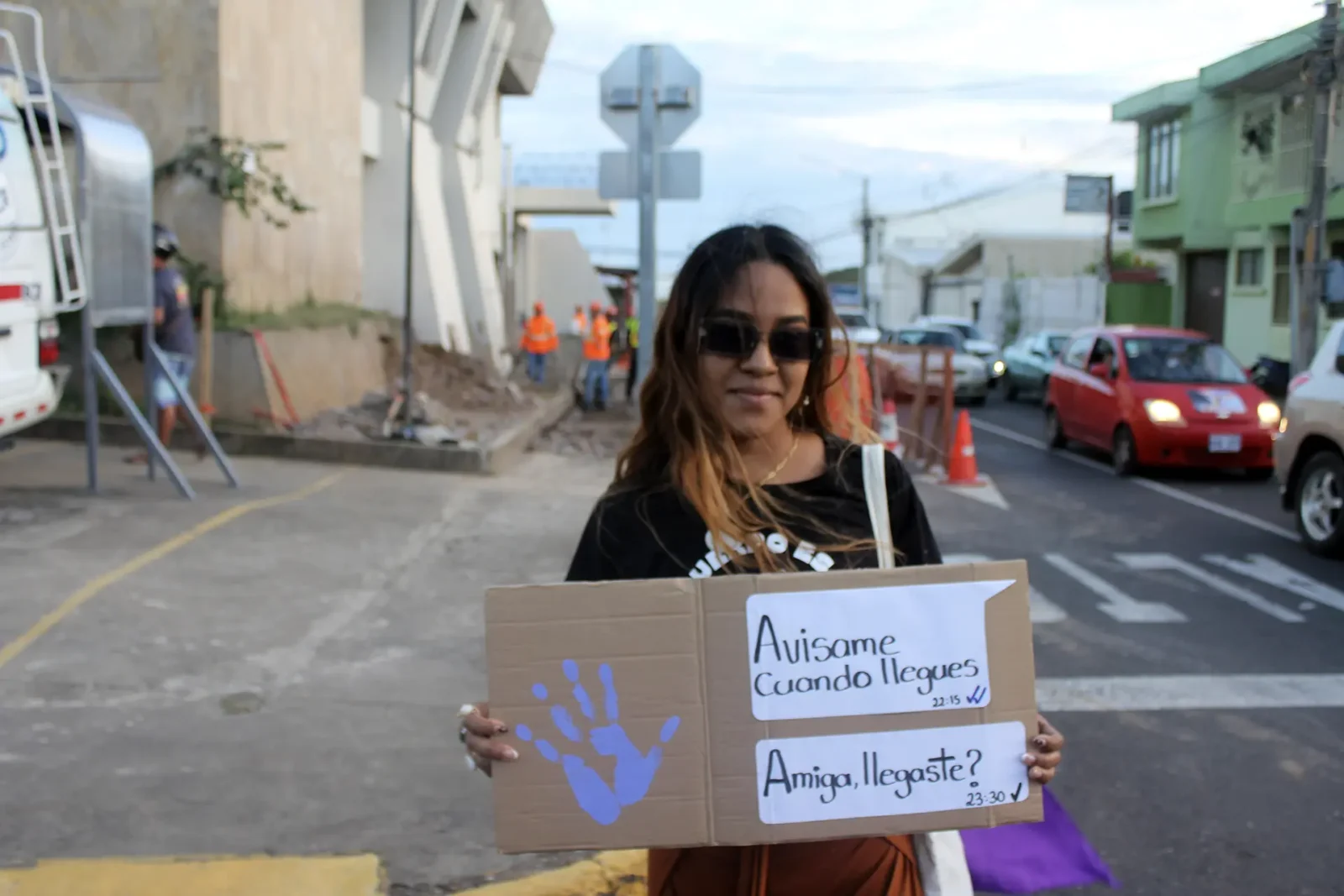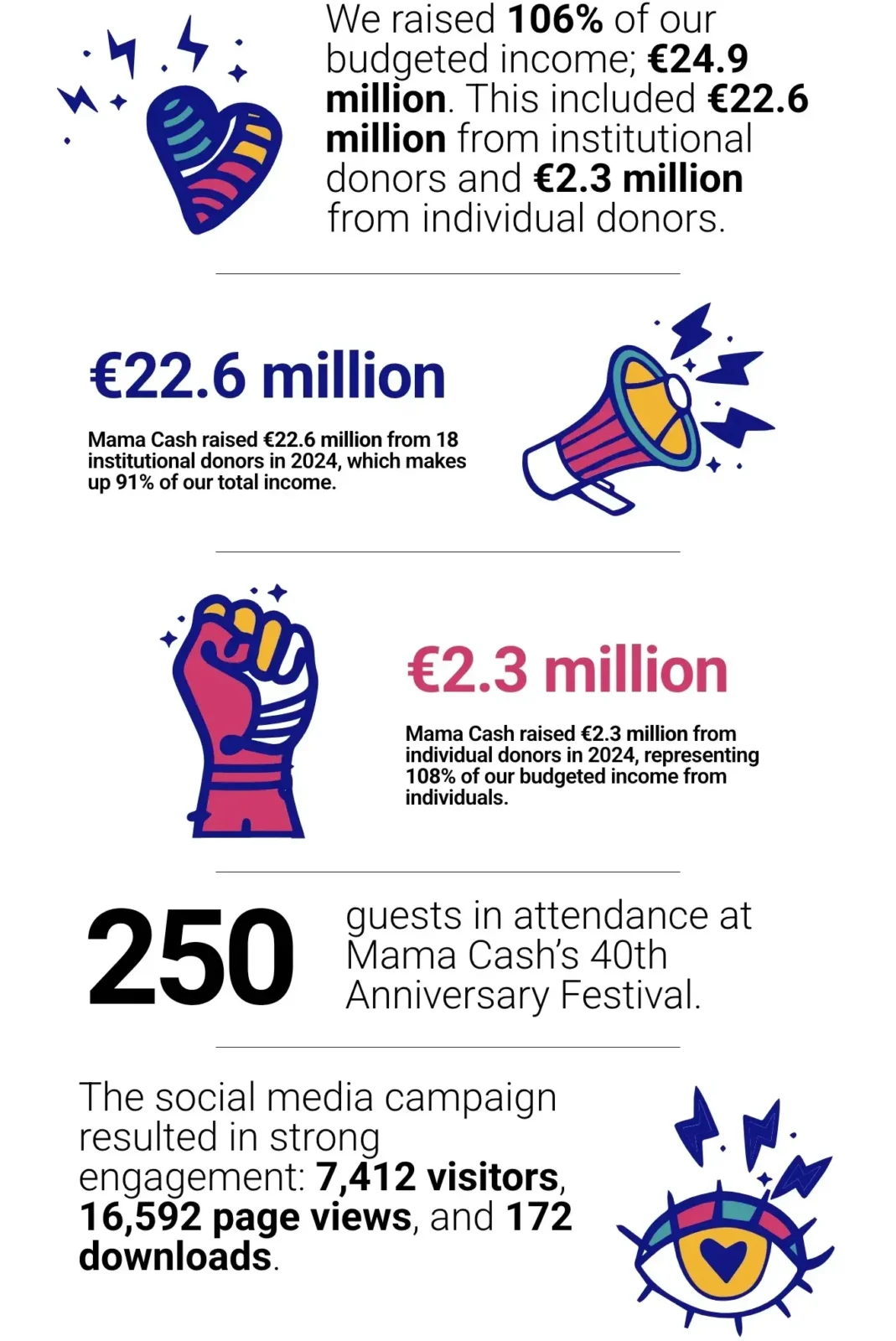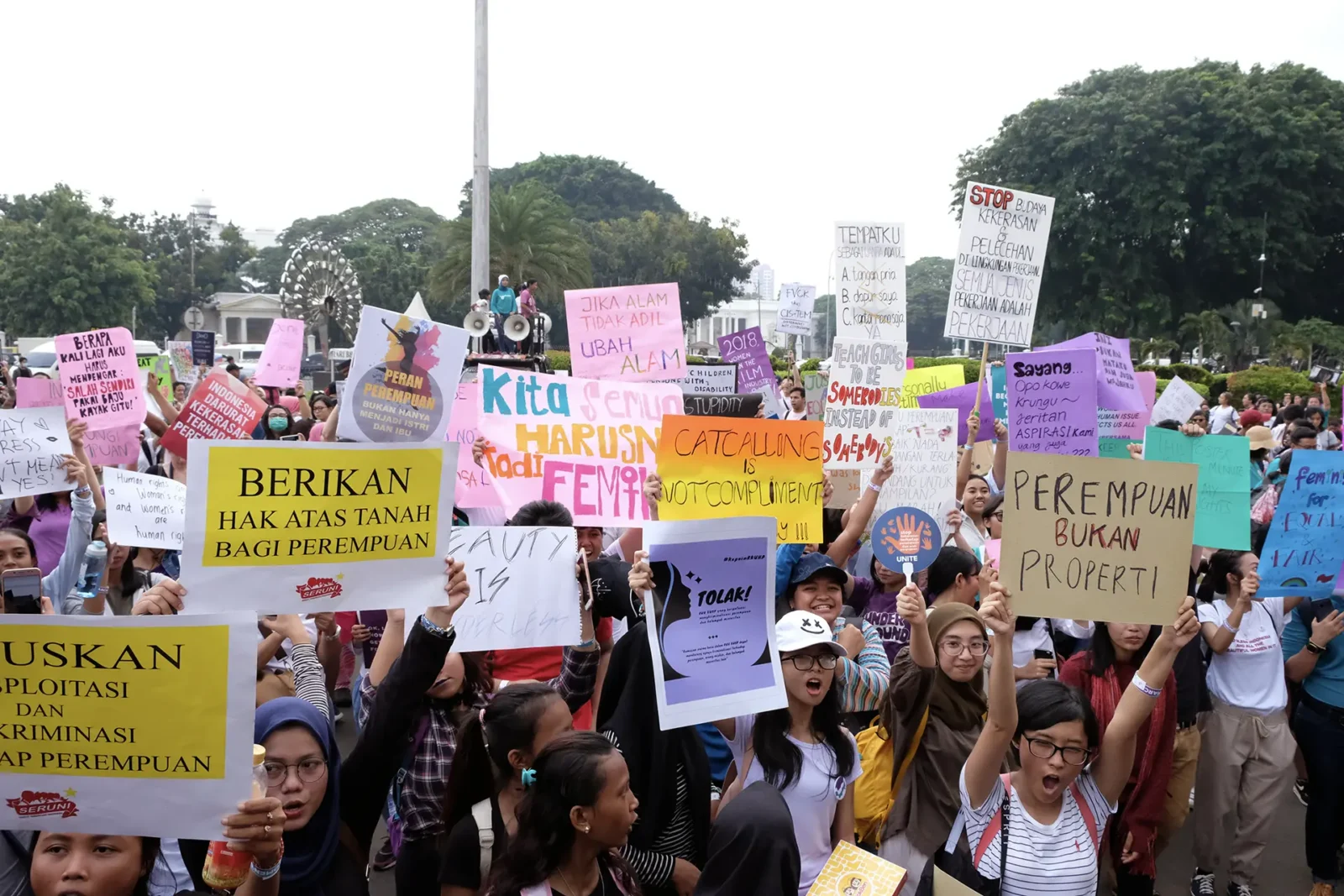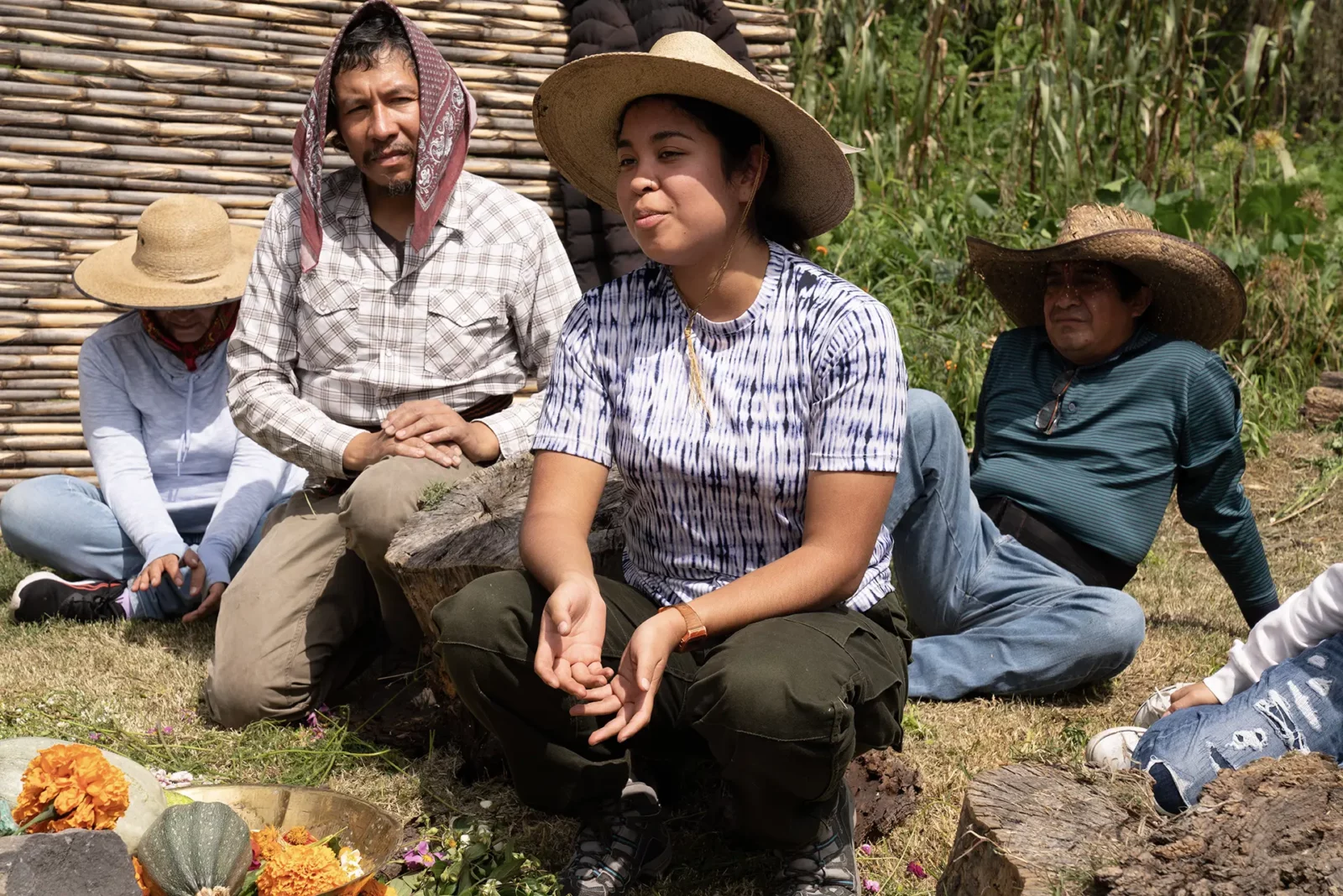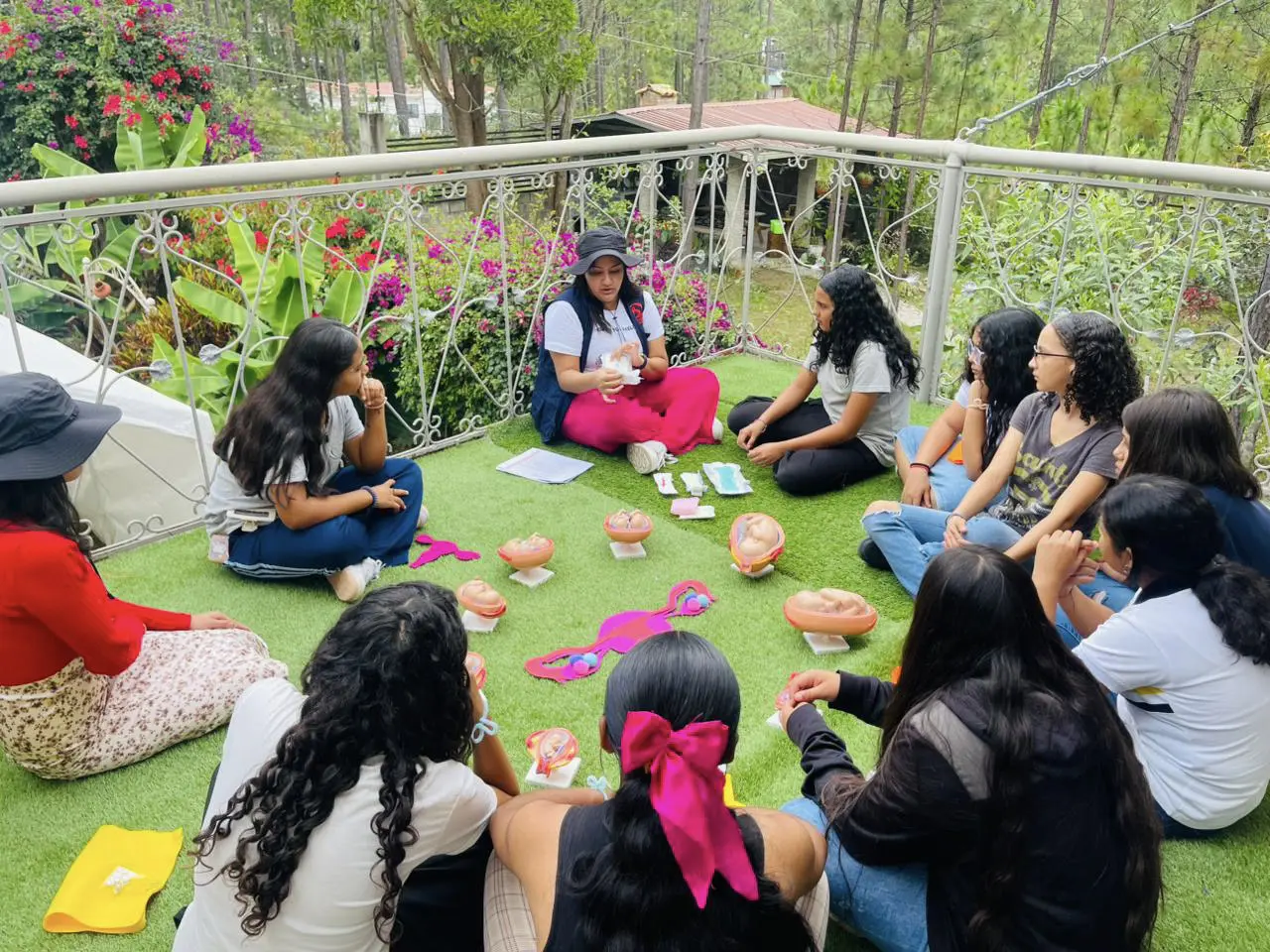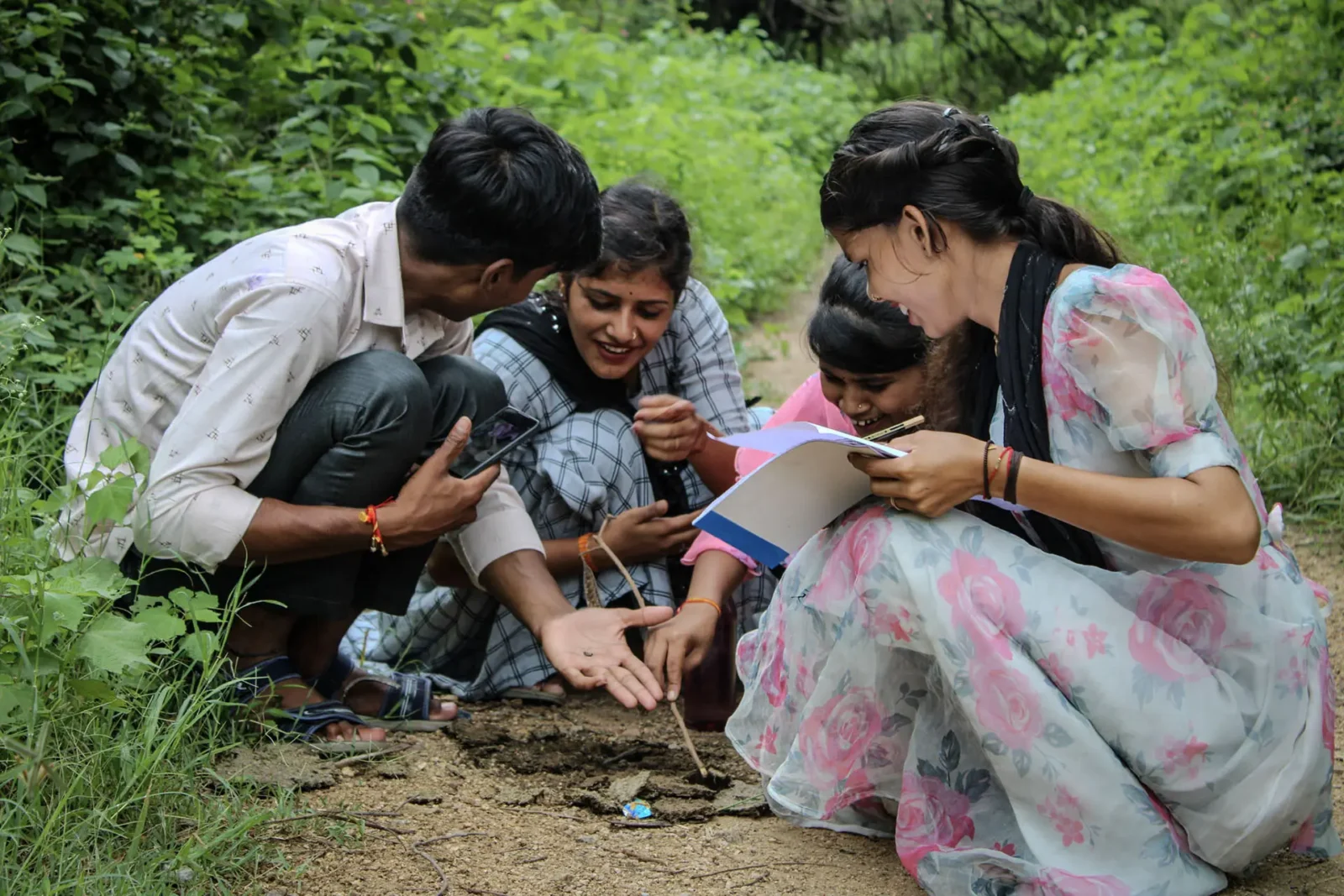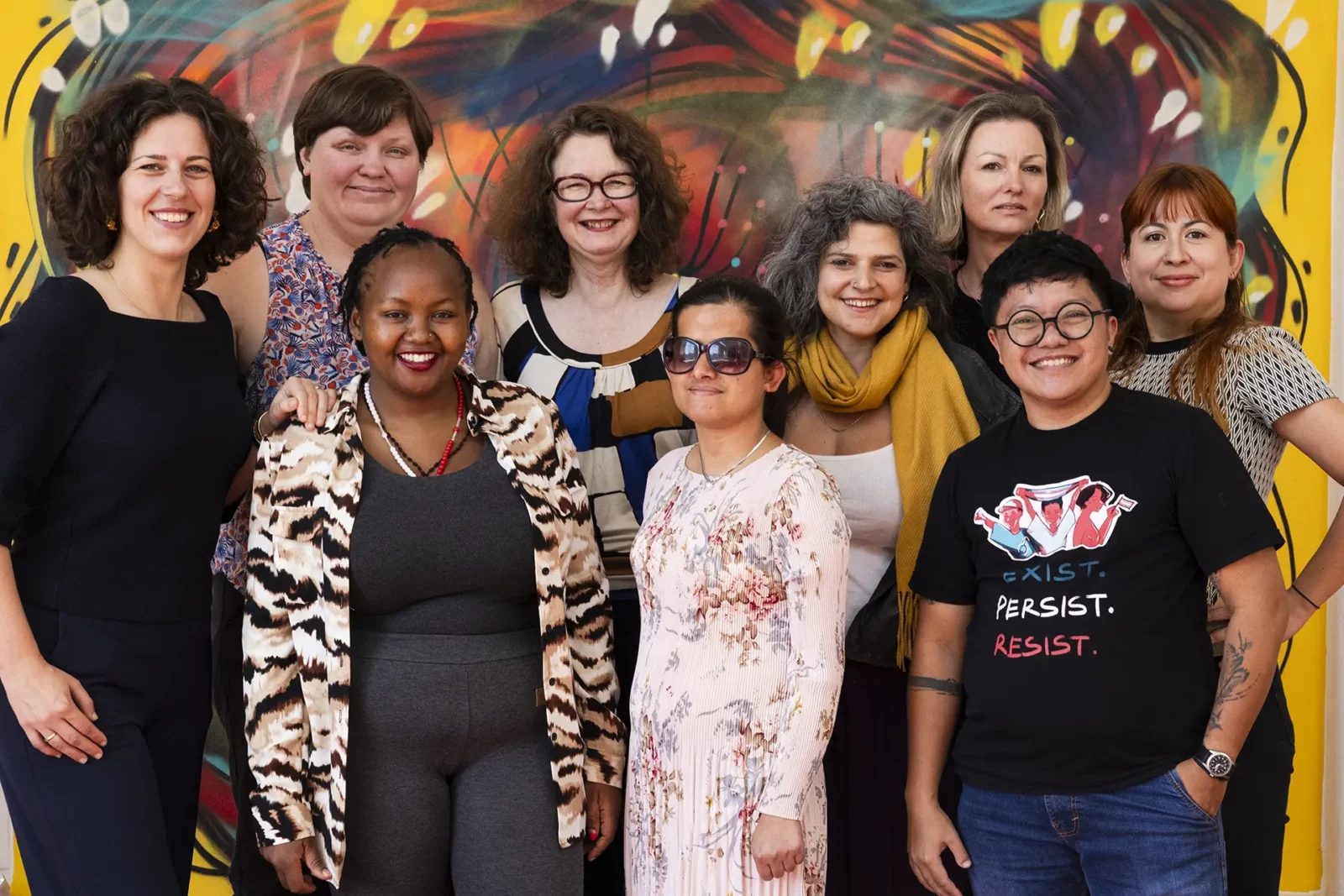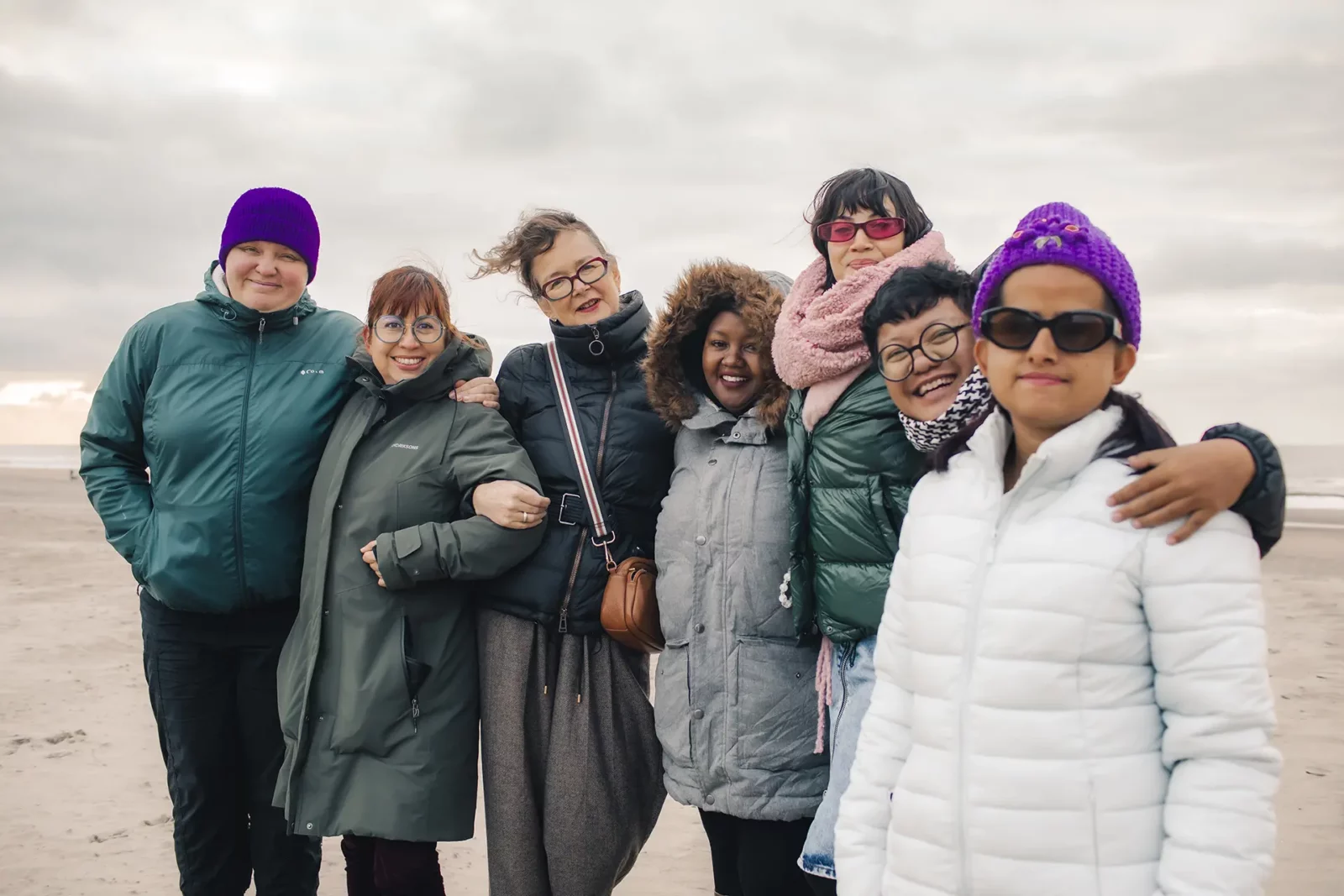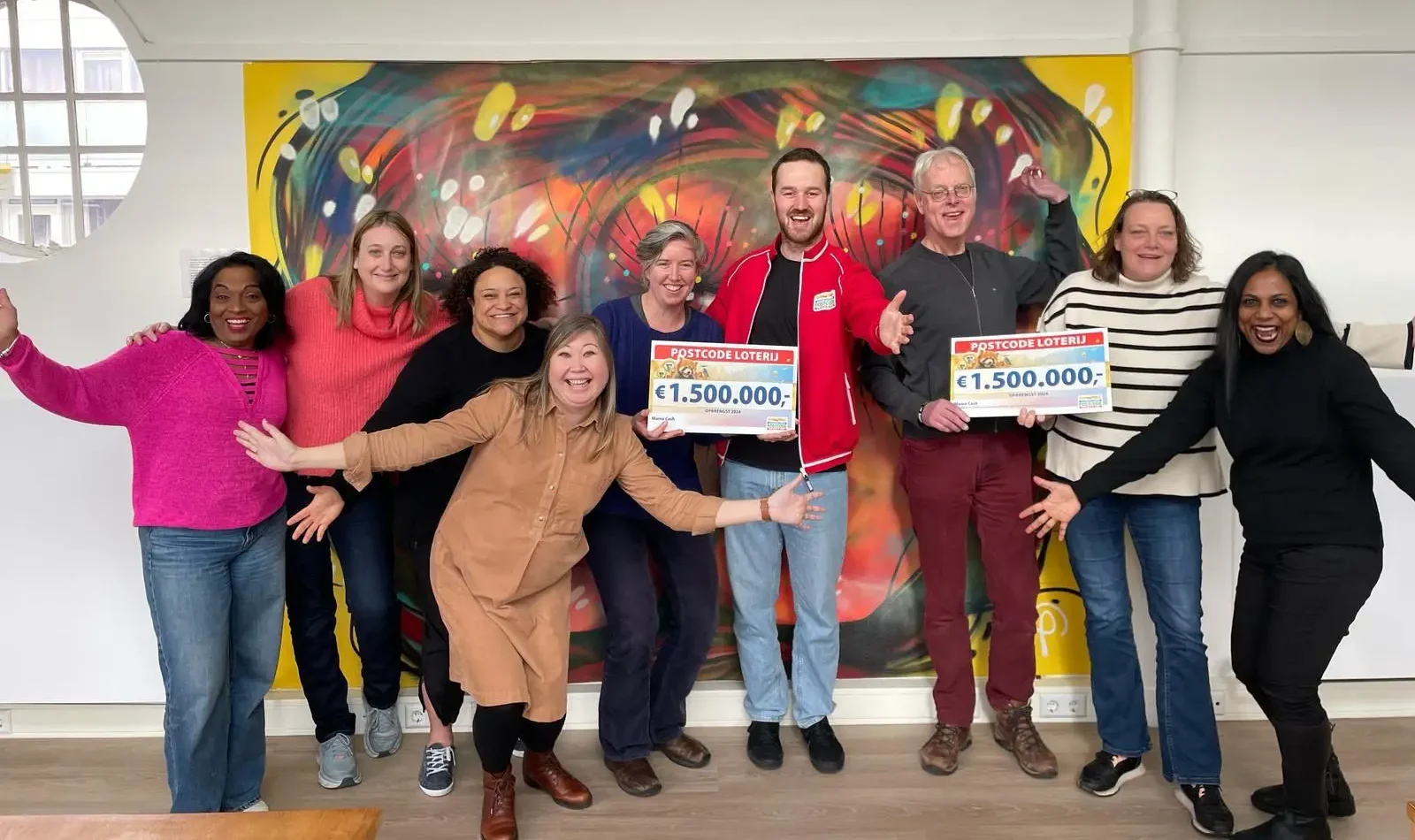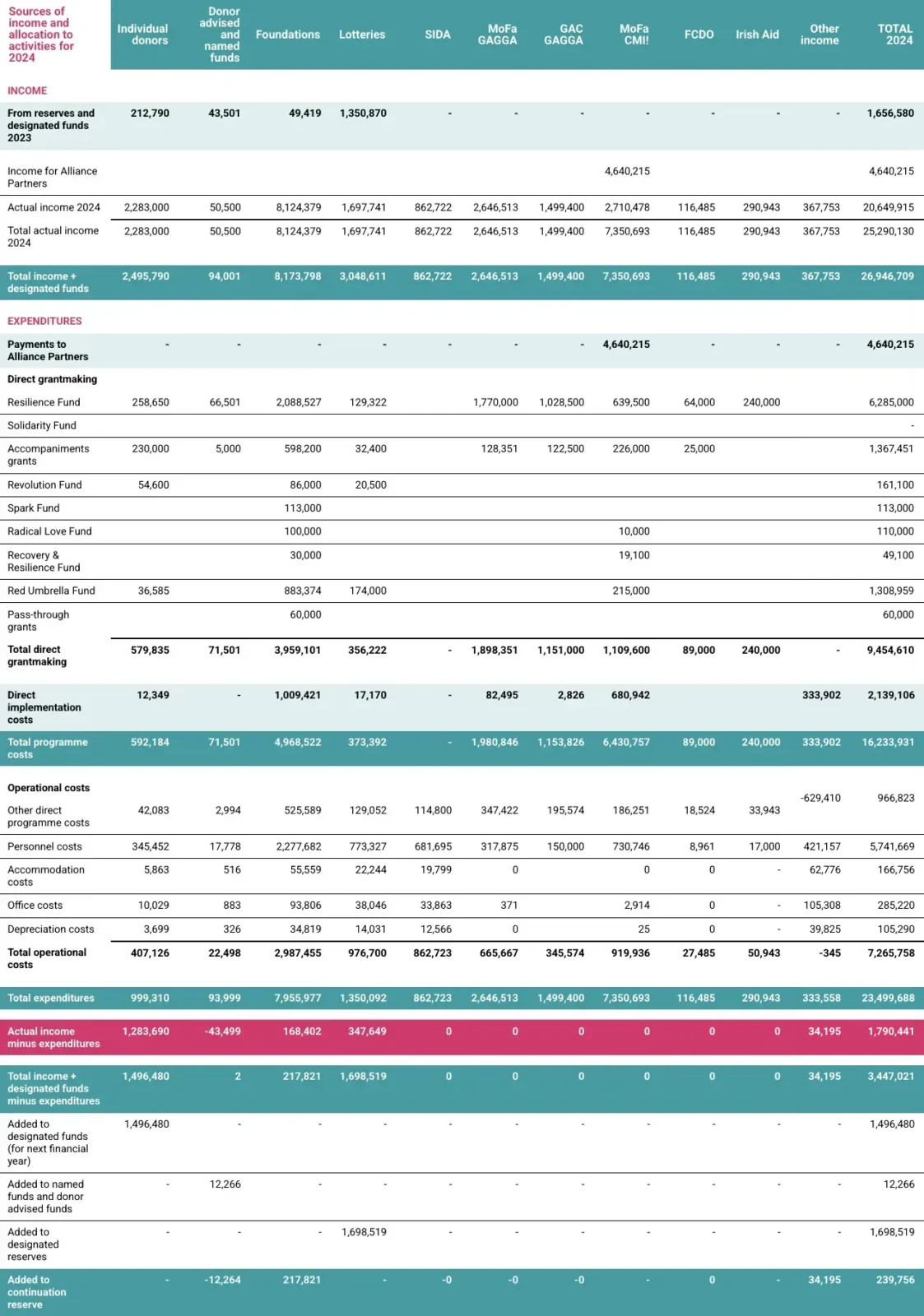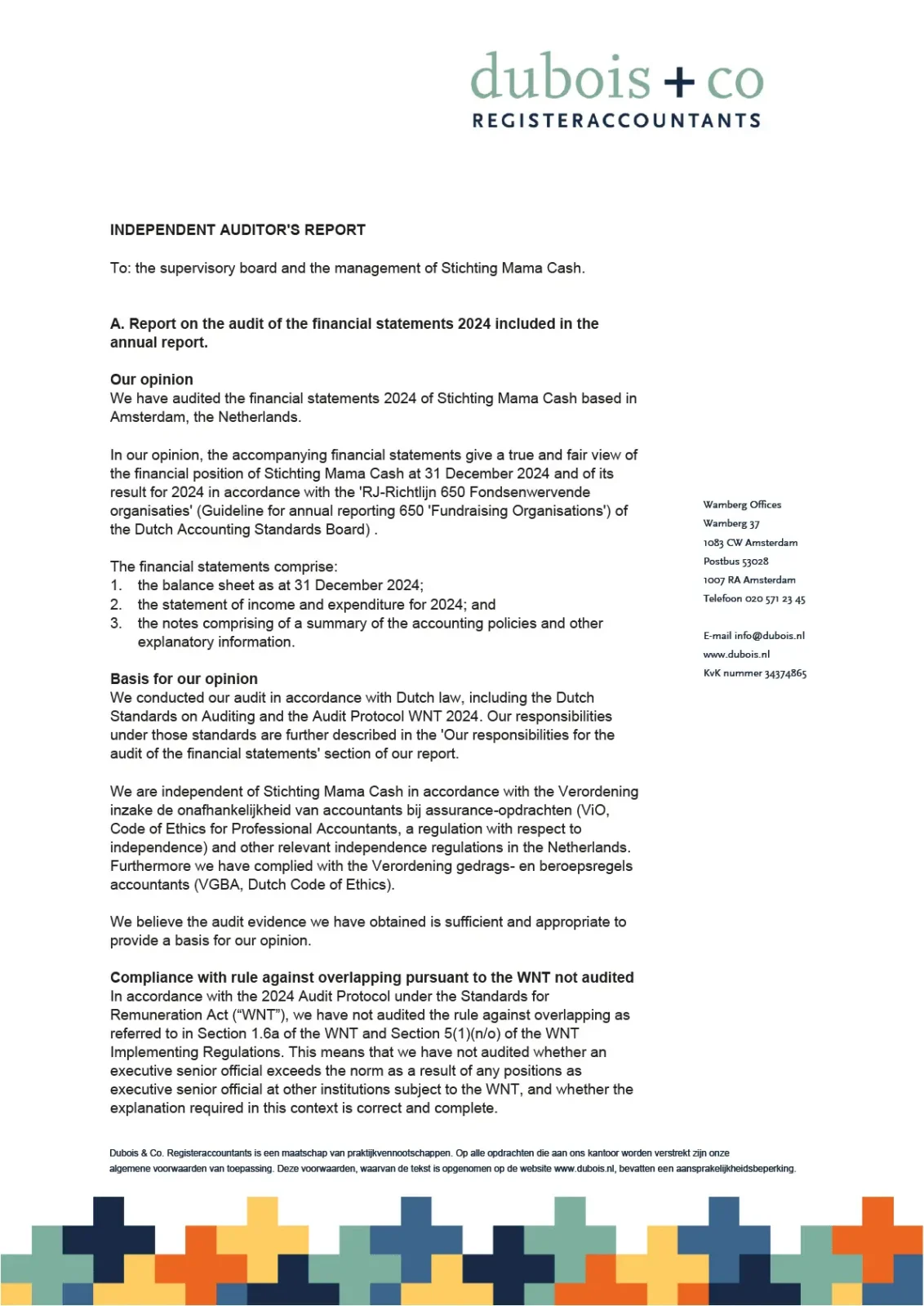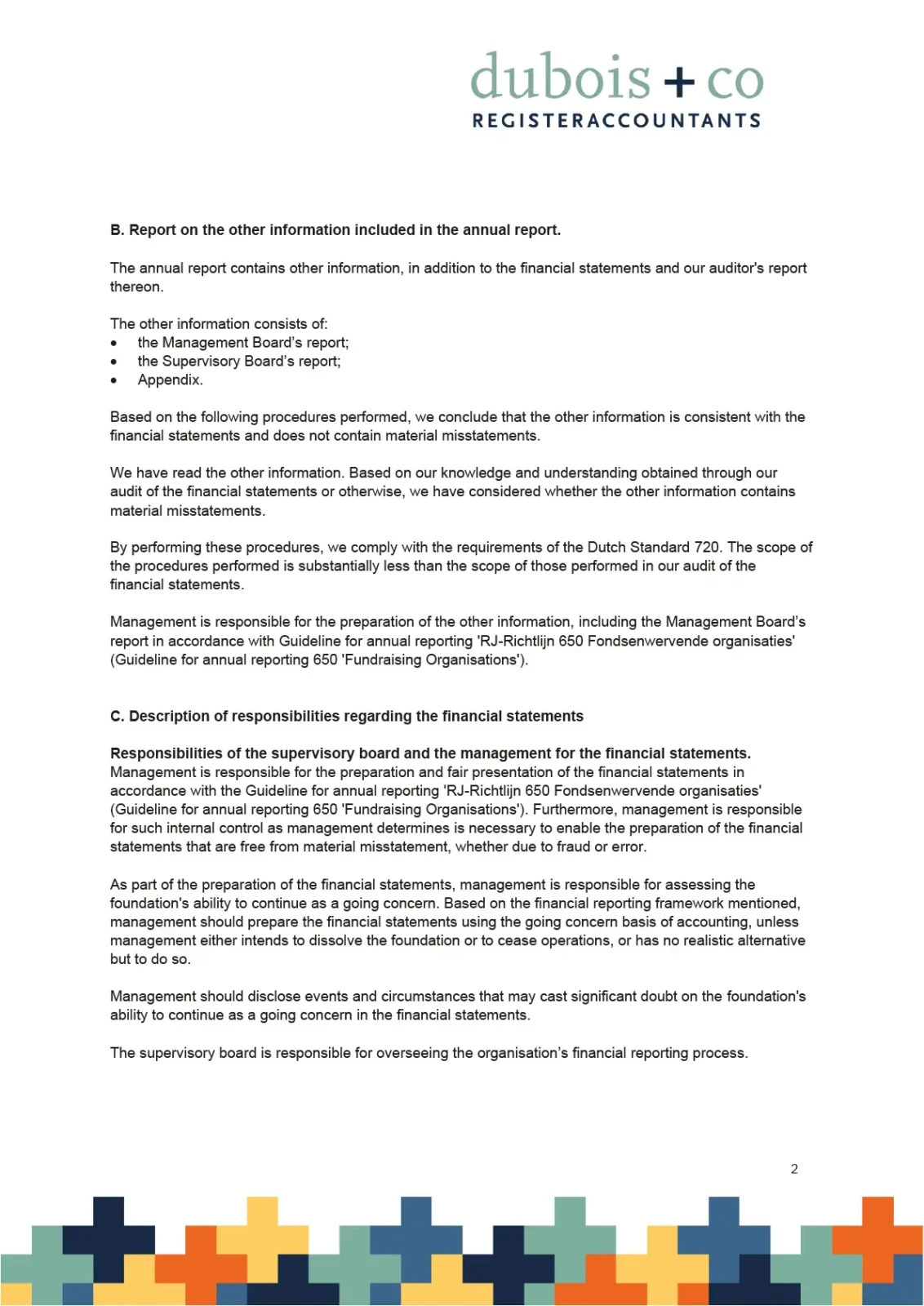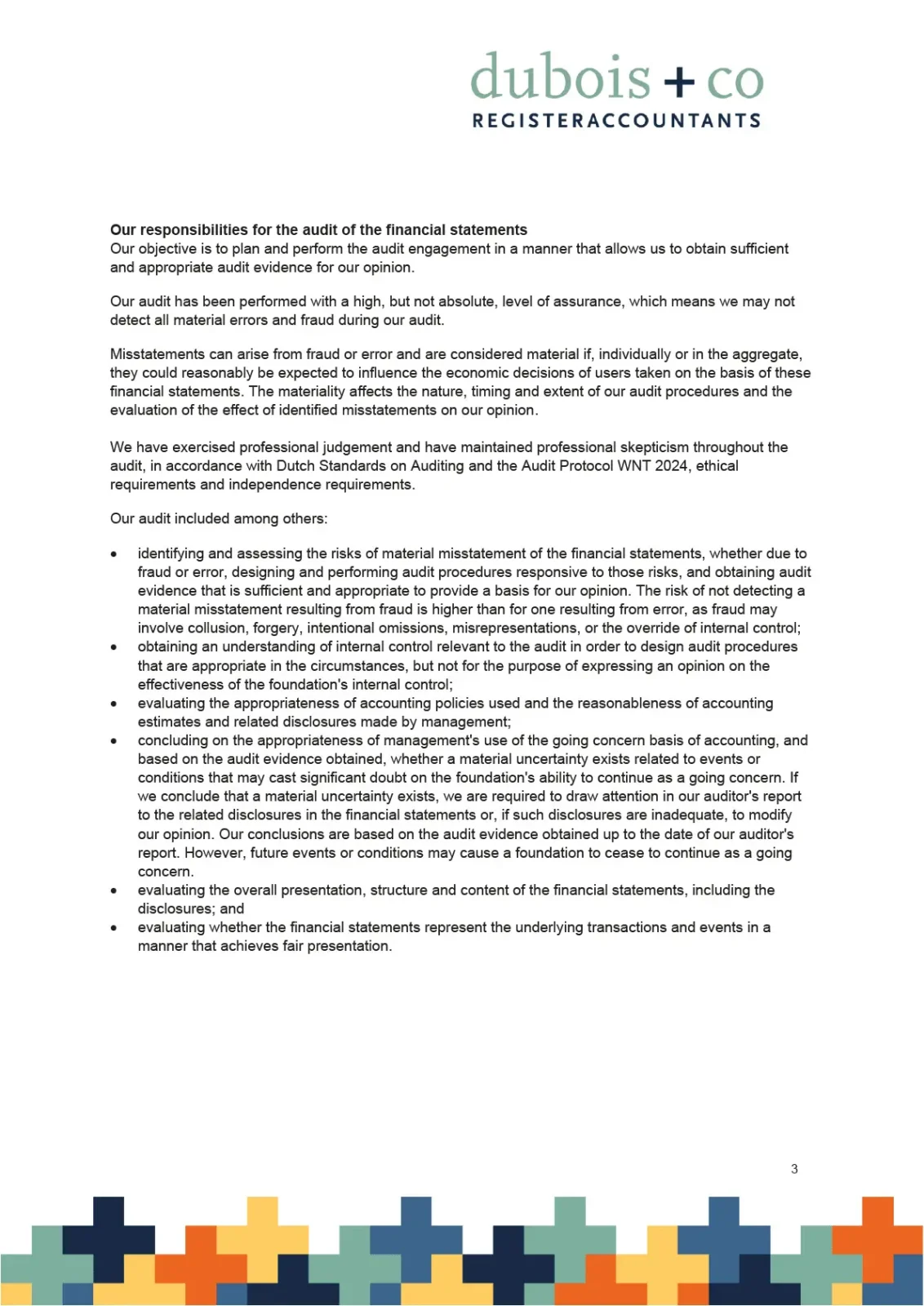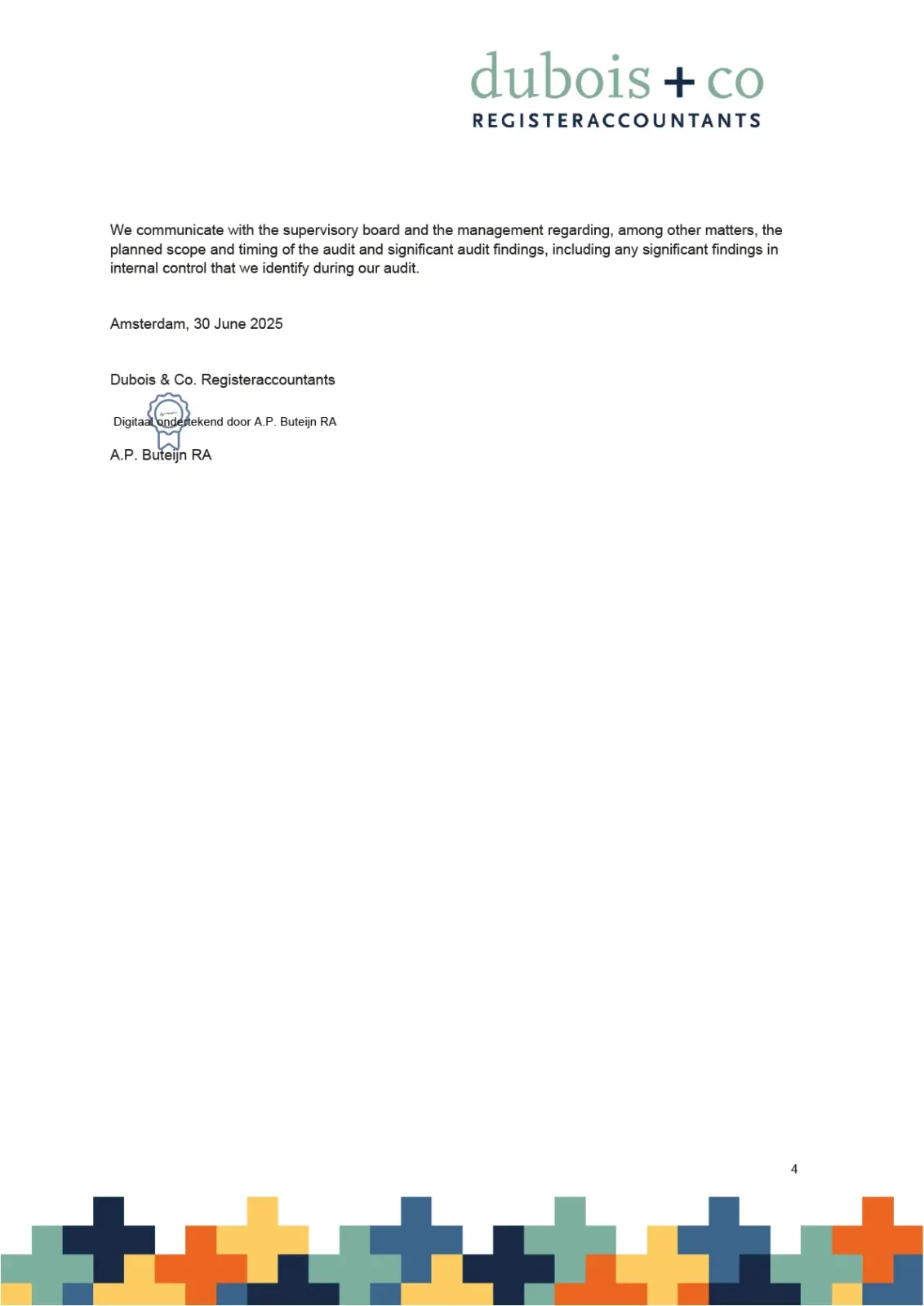And together we rise!
Annual Report 2024
Contents
Resilience Fund
Mama Cash supports women, girls, and trans and intersex activists working to build collective power, claim justice, and create, sustain, or revive ways of living that are just and fair.
The Resilience Fund provides core, flexible, long-term grants to self-led feminist groups, collectives, organisations, and women’s funds. Our grantmaking and accompaniment effectively supports grantee-partners working in adversarial contexts. Core, flexible, long-term support recognises that success often leads to backlash, and that lasting impact takes time and perseverance.
Number of grants
166
Total amount granted
€7700000
Average amount per grant
€46386
17
new grants
6%
increase over last year
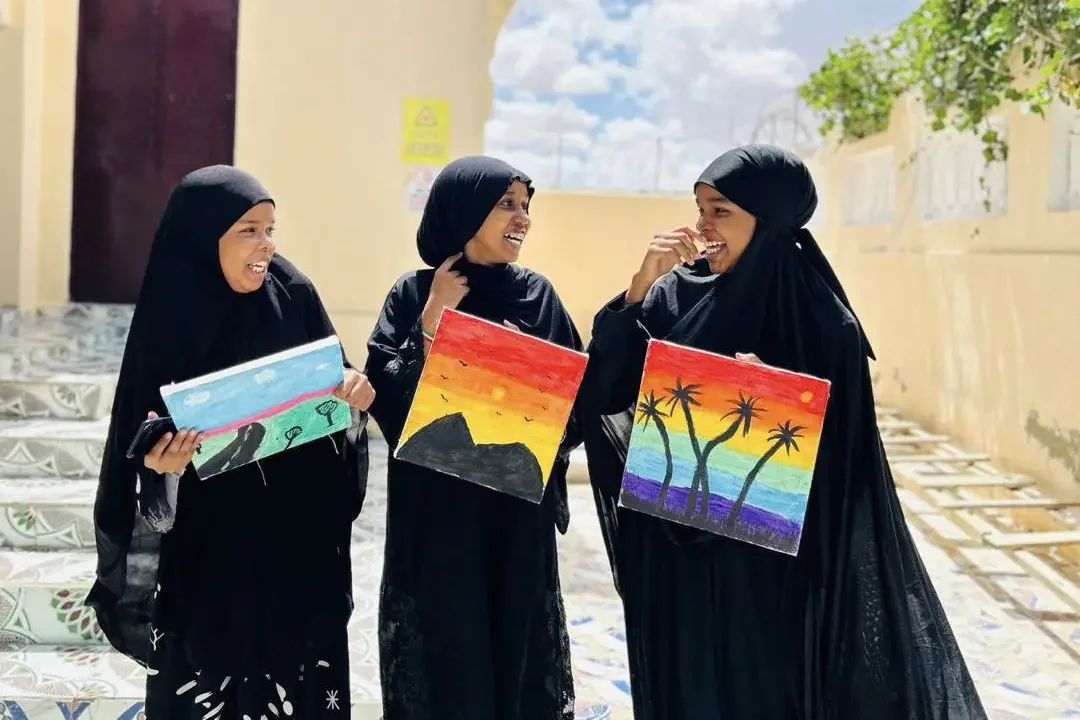
Luchadoras, a grantee-partner since 2016, is a feminist media and digital activist collective that challenges stereotypes about women and gender that are promoted by mass and social media. In 2024, it developed key research to advance knowledge on digital rights in Latin America, including ethnographic research on digital violence in eight Latin American countries. The research has led to increased dialogue and exchanges with movements in the region, which allows Luchadoras to share lessons learned in the defence of human and digital rights, understand how other movements develop strategies in their territories, and learn what they have done to confront hate speech and anti-rights policies. Luchadoras also conducted research on narratives countering hate speech, which resulted in a campaign and a ‘care kit’ to support trans people and sexually and gender diverse people in addressing the issue. Thanks to this research, over 30 people from Paraguay, Peru, and Mexico shared their experiences and strategies of activism and resistance against online hate speech. This reflects Luchadoras’ commitment to safer, more inclusive communication from a feminist human rights perspective. It also offers a new way of imagining the Internet based on its resistance and experiences in the Global South.
Through its programme and online platform, Genias (geniuses), the collective has established alliances with other Latin American collectives. It has deepened regional partnerships and facilitated the sharing of political reflections and analysis, resulting in the development of shared strategies. In 2024, it also finalised a 10-year strategic plan, strengthened its organisational systems, expanded its offices, and installed safety and security systems. The strategic plan allowed Luchadoras to define the political project it is committed to and identify the strategies and activities needed to consolidate its team, such as a collective care policy, a remote work policy, and providing English classes for its team. It also allowed members to agree on and articulate their vision, mission, and strategic objectives.
In Somalia, the young feminists of Hawa Feminist Coalition are working to promote the safety, equality, justice, rights, and dignity of girls and young women. The group has been a grantee-partner since 2022 and has organised several advocacy sessions to push for key legislation, including the Sexual Offenses Bill and the Female Genital Mutilation Ban Bill. These bills aim to strengthen legal protections for women and girls in Somalia but have not yet been passed. They are expected to be debated in Parliament in 2025. To build public support, Hawa facilitated high-profile TV panel discussions that brought together lawyers, religious scholars, elder women, and young women to discuss the importance of these bills. Through these discussions, they reached over 25,000 people across the country. Somalia’s Constitution bans female genital mutilation, but this has not been fully enforced through national law. In May 2024, Galmudug State became the first of six federal states to pass a law banning all forms of female genital mutilation. The remaining states and the federal government have not yet followed and Hawa continues to mobilise support for these crucial bills.
Feminism in India, a digital intersectional feminist media organisation, is amplifying feminist voices, issues, and perspectives. Among other topics, it has exposed the living conditions of menstruating women in prisons and amplified opinions against a recent regressive court ruling involving a heterosexual couple. The group also provided exhaustive coverage of their recent parliamentary elections, including ground reports, candidate profiles, and surveys of women and queer voters. As a result of the contributions Feminism in India made to advancing the feminist agenda in the media, one of its members was asked to contribute to a HarperCollins book on influential women in history. Furthermore, the Reuters Institute for the Study of Journalism highlighted the group’s guides on reporting sensitively on gender-based violence and abortion.
In 2024, we received
nearly 2500
applications, a record number
Since 2022, we have seen a staggering
70% increase
in applications to the Resilience Fund
Women’s and feminist funds
Women’s and feminist funds are crucial to the lasting success of feminist movements around the world. Mama Cash supports women’s and feminist funds with grants under two funding streams: the Resilience Fund and the Solidarity Fund. The Resilience Fund offers core, flexible, long-term grants, while the Solidarity Fund provides one-time grants to women’s and feminist funds to address specific organisational needs.
In 2024, we stepped up our support of new and emerging women’s and feminist funds – a key objective within our broader commitment to strengthening the feminist funding ecosystem, and the women’s and feminist funds community in particular. To achieve that aim, instead of making Solidarity Fund grants, five new women’s and feminist fund grantee-partners were selected to receive core grants under the Resilience Fund. Four of the five funds will receive a grant of €60,000 in January 2025, with the intention to renew the funding for up to ten years.
Numun Fund is the first dedicated fund for feminist tech based in, led by, and serving feminist movements in the Global South, or, in the fund’s own terms, the Larger World. Numun Fund aims to seed, resource, and sustain feminist tech infrastructures to mobilise and redistribute resources for the growing ecosystem of feminist tech activism. Women’s Fund Armenia and Hungarian Women’s Fund are dedicated to mobilising resources and building strong intersectional feminist movements in their countries.
Urgent Action Fund Asia and Pacific is a feminist fund that responds to the urgent needs of women, trans, and non-binary human rights defenders, organisations, and movements through Rapid Response Grants, as well as outreach, accompaniment, and support for collective care infrastructure. The francophone young feminist fund Fonds Pananetugri supports the emergence and organisational development of groups and organisations led by girls and young women in West Africa.
These five new partners were selected using a participatory approach. Eligible women’s and feminist funds were invited to apply, and applicants were asked to share their perspectives on the priorities that should be considered in the decision-making process. An ad hoc committee of five members from Mama Cash’s Global Advisory Network made the final decision. Moving forward, our aim is to develop an open call for applications from new women’s and feminist funds every three years.
What women’s and feminist funds achieved in 2024 with our support
100%
have a system of shared leadership and/or decision-making in place
75%
built or strengthened holistic security approaches
92%
built or strengthened (in)formal alliances in movements
75%
accessed, created, and/or defended space for feminist demands and influence
92%
contributed to changes in access and control over resources
83%
contributed to shifts in social, political, and cultural norms
Record number of applicants
In 2024, Mama Cash invited applications from self-led feminist organisations and initiatives based in Africa, West Asia, East Asia, South Asia, Southeast Asia, and Oceania. Limiting the regions and number of new applications allowed us to prioritise core, long-term flexible funding for existing grantee-partners and rebalance our grantmaking portfolio. Grantmaking decisions for new grantee-partners are made by our Community Committee, activists drawn from our Global Advisory Network who represent a diversity of feminist movements. Applicants also give their input into the grantmaking process: we ask them to tell us what issues they think Mama Cash should be funding. The Community Committee takes this input into account in its decision-making.
The overwhelming demand for funding for feminist movements is reflected in the number of applications to the Resilience Fund. In 2024, we received a record number – nearly 2,500. Since 2022, we have seen a staggering 70% increase in applications, highlighting the urgent need for resources to advance women’s, girls’, trans, and intersex rights in the face of intensifying human rights challenges, rising authoritarianism, and a well-funded, severe anti-rights, anti-gender backlash. On one hand, we are witnessing consistent advancement towards justice across regions, driven by the transformative work of our grantee-partners. At the same time, the organisations and communities we support are facing escalating threats, violence, and oppression.
To meet the growing demand for support, it is imperative that we sustain and expand our core, flexible funding to these movements. As many bilateral funders and private donors turn away or shift their funding priorities, Mama Cash remains steadfast in our commitment to funding feminist movements.
Revolution Fund
The Revolution Fund supports collective action when opportunities for sudden change emerge.
To bring about radical, lasting change, feminist movements need to be agile. They must be ready to seize opportunities or hold the line against backlash. To meet this need, the Revolution Fund supports one-off initiatives that respond to, or create, a critical or strategic opportunity for change. Initiatives may address an emergent issue or need or seed a promising new project or idea.
Number of grants
19
Total amount granted
€161100
Average amount per grant
€8479
19
new grants

The Jamaican organisation Women’s Empowerment for Change (WE-Change) focuses on promoting and supporting the rights of women, particularly queer Jamaican women. With a Revolution Fund grant, the group is pushing for comprehensive changes to the Domestic Violence Act, which is currently up for review. WE-Change is also raising awareness about other bodies of law that criminalise and persecute people based on their sexual rights, such as Jamaica’s Offences Against the Person’s Act. The group is building knowledge, skills, and resources among its membership about these issues.
In Indonesia, violence against environmental defenders is among the highest in the world.4 To address this, Solidaritas Perempuan Flobamoratas is developing a shared security system for Indigenous women and women human rights defenders who are protecting their lands from the threat of planned geothermal projects. Additionally, Solidaritas Perempuan Flobamoratas is engaging in advocacy and campaigning to support their struggles.
With a Revolution Fund grant, sheEsecures is supporting sex workers in Ethiopia to develop practical skills to advertise their services online, while also protecting themselves from online gender-based violence. The initiative also builds support and sisterhood within the sex worker community. This work is crucial, as rising political violence in Ethiopia has led to increased risks for women and girls, including a surge in sex trafficking.5 Through an exhibition featuring examples of online violence, sheEsecures aims to raise awareness about the problem, foster dialogue, and promote legislative action.
Nominations for the Revolution Fund are accepted from members of the Mama Cash Supervisory Board and the Global Advisory Network, as well as staff. A committee of Mama Cash staff makes a shortlist of eligible proposals. The final selection is made by a panel of advisors from our Global Advisory Network.
4 See https://globalwitness.org/en/campaigns/land-and-environmental-defenders/missing-voices/ and https://dialogue.earth/en/justice/southeast-asias-environmental-defenders-on-the-frontline/.
Radical Love Fund
The Radical Love Fund supports the pioneering work of individual feminist activists who are strengthening feminist movements and advancing social change.
Many individual feminist activists are doing impactful, visionary movement building work, but have difficulty accessing resources because they are not part of an established organisation. This is particularly true of those who may be pushing the boundaries of feminist activism or may lack certain privileges that facilitate access to employment or a formal role in an organisation. Launched in 2022, the Radical Love Fund fills an important gap in the feminist funding landscape by supporting individual activists who are coordinating or catalysing crucial feminist work.
Number of grants
11
Total amount granted
€110000
Average amount per grant
€10000
11
new grants
10%
increase over last year
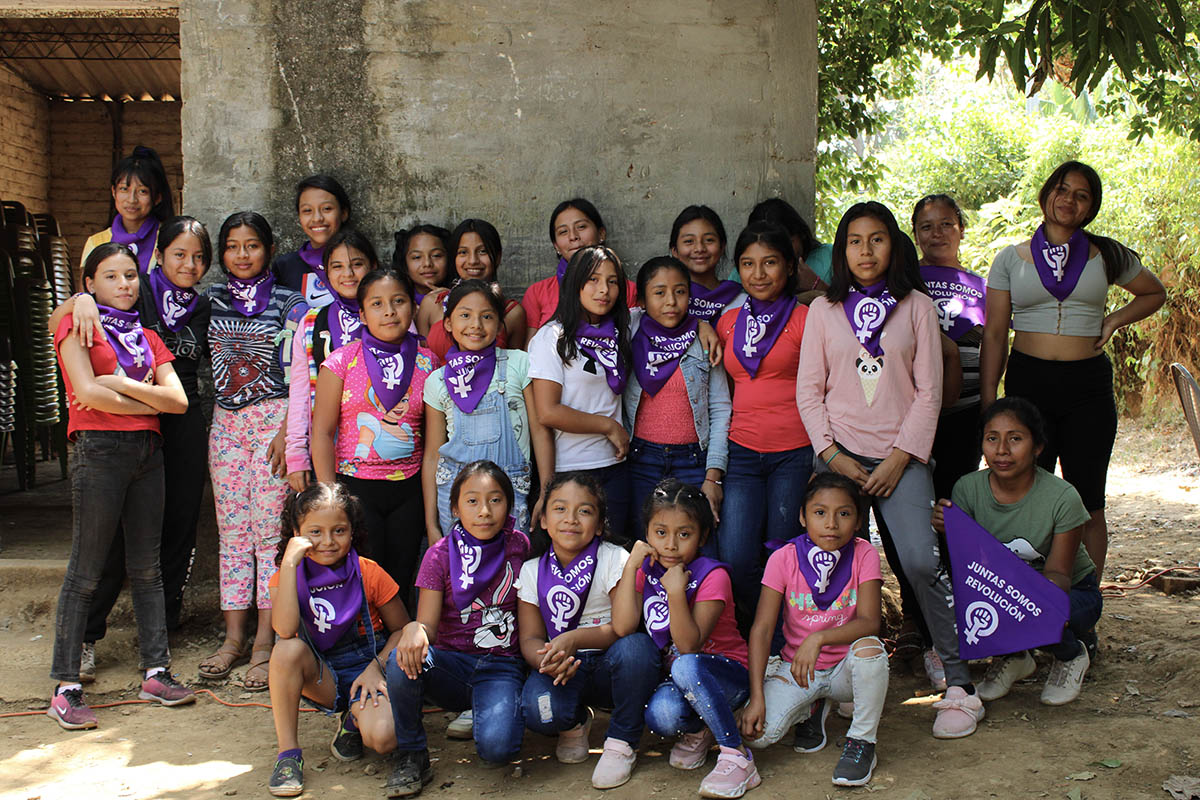
Many Radical Love Fellows are defending the rights of people with diverse gender identities and backgrounds, including experiences of migration, poverty, and gender-based violence. Aleena Sabu is a young Dalit feminist from India whose life, poetry, and writing addresses the intersection of gender, caste, art, and society. Her work, which is shaped by her lived experience and feminist thinking, has inspired many others who have also experienced structural exclusion. Aleena plans to use her grant to resource the formation of a Dalit women collective, and to support her writing and other efforts to centre the voices of Dalit women in mainstream art and society.
Reflecting the increasingly dangerous context for feminist activists worldwide, six Radical Love Fellows requested to remain anonymous. Among them are a woman human rights defender who works to defend the rights of feminist activists who have become political prisoners, a young feminist activist who has started a collective focused on addressing violence against young women, and a young queer woman who uses artivism to challenge her country’s dictatorship.
Nominations for the Radical Love Fund are made by Mama Cash Board members, Global Advisory Network members, and staff. In 2024, a committee composed of Mama Cash staff made a shortlist of eligible nominations. The final decisions were informed by a group of ten advisors from our Global Advisory Network.
Spark Fund
With the Spark Fund, Mama Cash honours the feminist movements from which we emerged by supporting progressive feminist activism in the Netherlands and the islands of Aruba, Bonaire, Curaçao, St. Maarten, St. Eustatius, and Saba (the ABCSSS islands).
The Spark Fund supports the self-led activism of feminist movements working on urgent or contested political issues. The fund provides small, one-year grants, with a focus on groups that may have limited access to funding.
Number of grants
22
Total amount granted
€113000
Average amount per grant
€5136
10
new grants
88%
increase over last year
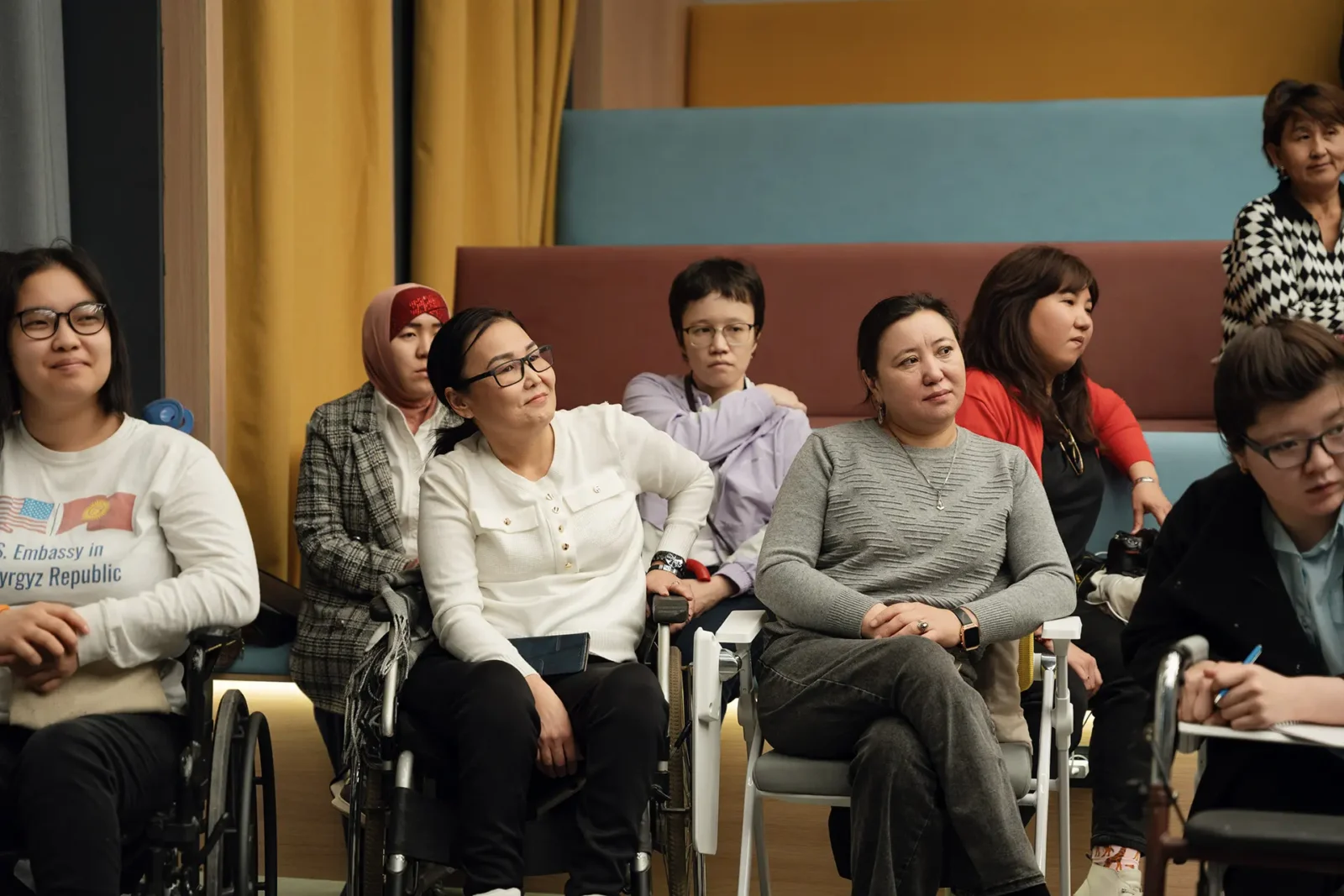
A small grant can have a real impact, enabling feminist groups to strengthen their initiatives, communities, and organisations, and their work for systemic change. With a Spark Fund grant, Creatives with Unseen Disabilities, a group of artists, designers, and creatives with non-apparent disabilities, worked to address disability and gender inequality in the cultural sector. Throughout the year, the group hosted workshops and community events for creatives to discuss accessibility issues, share strategies for overcoming challenges, and work collaboratively to reshape the creative industry. With support from Mama Cash, the group expanded its network and developed important new connections and collaborations. In October, the group partnered with SamenKlanken/Muziek voor Iedereen and Stichting Art that Listens to organise an accessibility fair at Theater Rotterdam. Both the theatre and the Rotterdam city government, which supported the fair, have already asked the group to repeat and expand the event in 2025.
‘Mama Cash’s support has allowed us to amplify underrepresented voices within the creative industry. It has laid the foundation for a larger movement towards accessibility and inclusion, bringing visibility to disabled artists and challenging the industry’s barriers.’
– Creatives with Unseen Disabilities
RedInsight.org, a media platform run by sex workers, is amplifying the voices of sex workers and promoting a balanced and informed discourse on sex work. With Mama Cash’s support, RedInsight.org made significant strides in strengthening the organisation in 2024. Engaging articles published throughout the year contributed to positive and nuanced portrayals of sex workers, and counteracted negative stereotypes. A zine-making workshop, held in May, fostered sex worker participants’ creativity, collaboration, and storytelling skills. RedInsight.org has become a vital resource for sex workers seeking advice, solidarity, and advocacy: the platform attracted 4,017 visitors in 2024, reflecting a growing interest in the group’s work.
‘The support we received [from Mama Cash] was invaluable in helping us sustain our activities and focus on strengthening our organisational foundation. The flexibility of the grant allowed us to address internal needs, such as improving financial administration and revising compensation policies, which were essential for our team’s resilience.’
– RedInsight.org
Samen naar de Kliniek supports people with unintended pregnancies on their journey to and from the abortion clinic. Alongside providing abortion buddies to assist clinic visitors, the group works to break taboos around abortion. With a Spark Fund grant, the group fulfilled its aim of recruiting and training volunteer buddies from six targeted cities in the Netherlands. An annual ‘buddy day’ brought together volunteers from across the country to learn, exchange experiences, and strengthen their skills. Samen naar de Kliniek uses this day to keep volunteers informed and enhance their knowledge and expertise.
At the end of the year, 22 new Spark Fund grantee-partners were selected from among 73 applications. New Spark Fund grantee-partners work on a variety of intersecting feminist issues, including migrant rights, countering islamophobia, Black women’s rights, access to healthcare for trans people, and gender-based violence, among others. One grantee-partner is based in and works in Aruba, three are based in the Netherlands and work both in the Netherlands and on the ABCSSS islands, and the remainder are based in and work in the Netherlands. The Spark Fund Steering Committee, composed of activists who have previously received a Spark grant, reviews applications and makes funding decisions.
Meet our grantee-partners
Women Forum for Women in Nepal
For women working in Nepal’s entertainment and hospitality sector, exploitation, abuse, and stigma are common. Their jobs are insecure, their hours long, and their wages low. Despite the government’s official recognition of all forms of work, the entertainment and hospitality sector in Nepal remains largely unregulated and workers don’t receive basic benefits, like social insurance. Most workers in the sector are migrants from socially and economically excluded communities. Many are unaware of their labour rights, laws, and support mechanisms.
Since 2008, Women Forum for Women in Nepal has worked to increase the leadership and advocacy capacity of women entertainment and hospitality workers so that they can effectively advocate for their rights, including the implementation of labour laws from a women-centric perspective to ensure equality, dignity, and safety in the workplace, and recognition and respect for their work. Thanks to the group’s efforts, women workers across the country have challenged traditional gender roles, and demanded equal pay, safe working conditions, and recognition of their contribution to society.
Can you tell us about your work?
We inform women workers about their rights and organise them to raise a collective voice. We’ve built a network of women workers, known as Pahichan Sanjal, that reaches across ten districts in Nepal. Pahichan Sanjal members are actively advocating for their rights and holding responsible institutions accountable.
In 2024, the network engaged in a powerful collaboration with Women Human Rights Defenders across the country. Pahichan Sanjal co-organised a three-day convening, tribunal, and national conference under the slogan, ‘Establishing the Recognition of Women’s Labor, Body, and Identity – Let’s Dismantle Feudal, Capitalist, and Patriarchal Mindsets.’ More than 300 participants from seven provinces of Nepal – including entertainment and hospitality workers, street workers, sex workers, domestic workers, migrant labourers, agricultural workers, and construction workers – took part in the event.
During the tribunal, women workers openly shared their experiences of discrimination, inequality, violence, and abuse. The tribunal created a platform for addressing and advocating for the rights of women workers while emphasising the need for systemic change in labour practices. At the end of the tribunal, a five-member jury shared its verdict, highlighting the need for a social security fund, free legal aid services, effective regulatory mechanisms, monitoring systems, and the implementation of a 2017 local law intended to promote the rights, welfare, and dignity of workers, as well inclusive language, and more effective governance in labour management.
‘When parts of Kathmandu city and nearby regions were severely affected by floods and landslides in the summer of 2024, we used our core grant to organise relief and relocation support for affected workers and their families.’
Any recent wins you’re proud of?
In 2024, we established the Campaign for Identity and Rights Network, which brings together 22 organisations working on issues related to informal labour. Following the tribunal, the network came together at the national conference for women workers, ‘Our Labor, Our Identity: A Campaign for Gender Equality.’ A key outcome of the three-day event was a seven-point declaration that summarised the verdict of the tribunal. The declaration was submitted to relevant government offices, ministries, and parliamentary committees.
How did Mama Cash’s grant help your work?
The accompaniment grant from Mama Cash is a dream come true. With the grant, we purchased land, where we intend to resource a centre for women workers. When parts of Kathmandu city and nearby regions were severely affected by floods and landslides in the summer of 2024, we used our core grant to organise relief and relocation support for affected workers and their families.
Going forward, we aim to fundraise for the further strengthening of the women workers network, and women workers’ leadership across the country so that they can raise their issues themselves. We also plan to research the impact of globalisation and climate change on women workers in the informal sector.
Sappho for Equality
For 25 years, Sappho for Equality has worked for the rights and social justice of queer and trans people. Based in Kolkata, India, the collective provides crucial support for the queer and trans community, who often face stigma and violence, including pressure from their own families to conform to socially accepted ideas of ‘normal,’ with no regard to an individual’s dignity or personhood. An interview with Shreosi Ray, Sappho for Equality’s Programme Officer.
Can you tell us a bit about your collective?
Friendship and honesty bind our members. The entire collective is formed around friendship. It’s a radical act in a context where women, especially queer women, and trans people are denied the space, literally and metaphorically, to develop friendships.
What are some recent wins you’re proud of?
The context for queer and trans people has shifted since Sappho for Equality’s founding, and our collective has shifted with it. In 2018, a major victory was achieved when homosexuality was partially decriminalised in India. Thanks to the ruling, more queer and trans people were emboldened to come out to their families. But families often responded by kicking them out. Homelessness increased. Change in law doesn’t necessarily go with the larger pulse of the country. Working toward changing the minds of people is very hard. But we have seen families change, we have seen happy stories… And that is the best gift we can get.
In recent years, we’ve increasingly invested in crisis intervention for our community. We provide peer support, mental health counselling, and run a helpline. During the last fiscal year, our mental health unit reached out to 857 individuals – a record. We also assist queer and trans people in securing employment, which sometimes brings them into unfamiliar spaces: thanks to our efforts to build rapport with a local official and the rickshaw pullers union, two trans men can now be seen around Kolkata operating e-rickshaws.
‘Working toward changing the minds of people is very hard. But we have seen families change, we have seen happy stories… And that is the best gift we can get.’
What are some challenges you faced?
During the lockdown, many queer and trans people lost their jobs or faced violence at home and reached out to us for support. It wasn’t possible for our members to take people in, as they had in the past, so we established a shelter. But the neighbours complained. Because of extreme homo-negativity and trans-negativity, the landlady kicked us out. With an end-of-trajectory grant from Mama Cash, we were able to purchase a flat. We are thrilled to be able to provide a safe shelter for queer and trans people. Now no one can kick us out. Neighbours still complain, but we can handle it much better now.
In 2023, we opened Porshi, a place for the queer trans community to meet, work or just hang out. Run by queer and trans people, Porshi serves affordable, healthy food to the community. This is very important for us. It brings a certain hopeful energy. People are instantly happy. Porshi also houses a library and provides space for training and meetings for the wider human rights and civil society community.
What are your future plans and how does Mama Cash help you in your work?
We marked our 25th anniversary in 2024 by reflecting on our work and the expectations of our community going forward. We have strengthened our organisational policies and developed a new strategic plan. Among other things, we aim to influence public opinion and facilitate conversations in the public domain based on all that we have learned in the past decades. We’re better upholders and defenders today than when we began because we have more stories. We can push for better laws and policies.
Relationships of trust, both within our collective and with Mama Cash, have been a crucial ingredient in our group’s success. We received funding from Mama Cash from 2013-2024. The relationship with Mama Cash, who believe in feminist politics and ideology, was really a partnership. In a highly volatile context, we were able to shift resources as needed. Mama Cash’s flexible funding has been extremely valuable. It has allowed us grow, to build our own agency, to spend our own money…. It helped us to radically think about our own realities, about the present moment and what is happening to us, our psyche and political health. It has created a lot of ownership…. We think we’re really blessed and privileged to have experienced that.
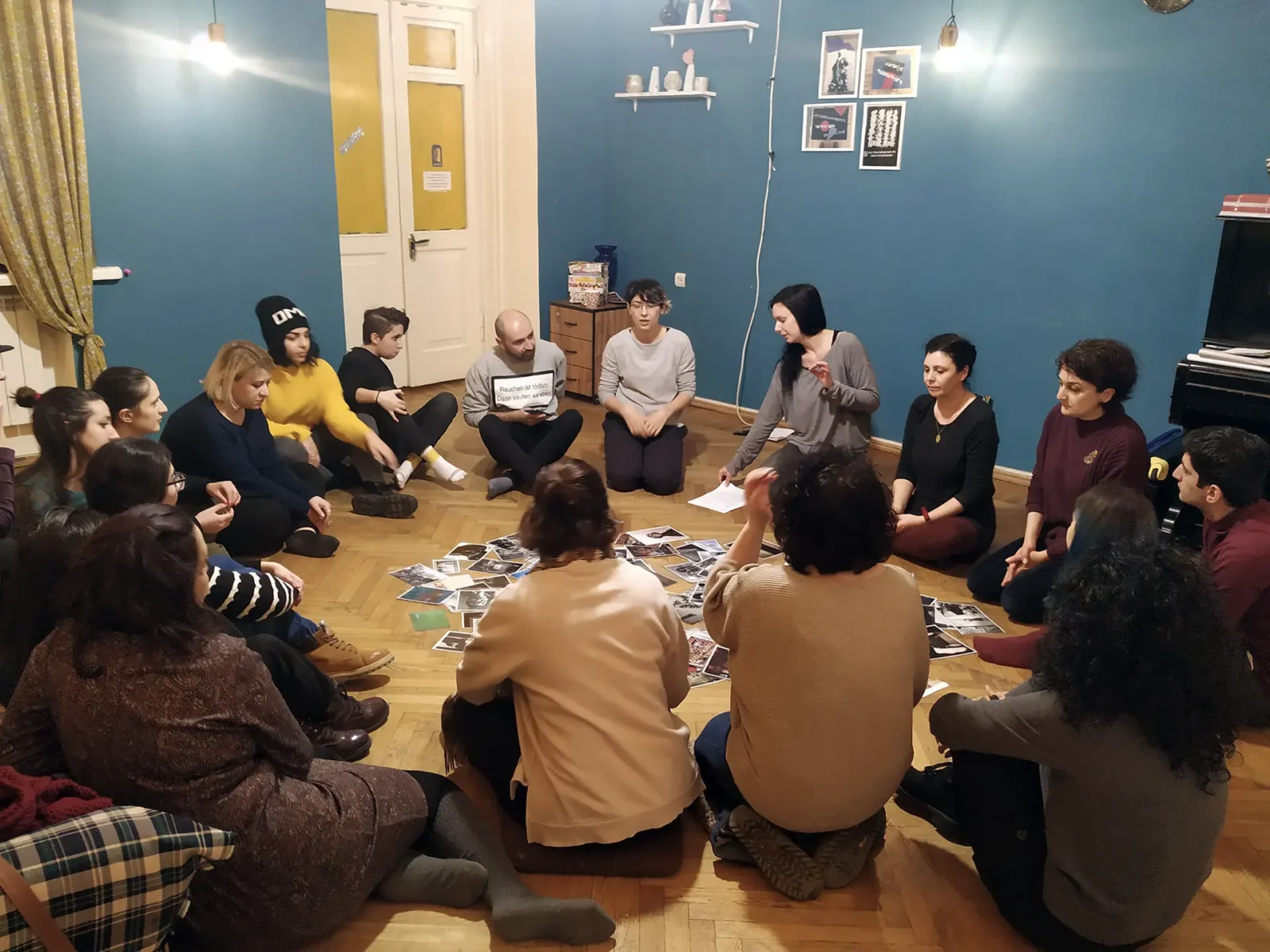
FemLibrary
The founders of FemLibrary, in Armenia, know that a library can be a revolutionary place of resistance, and that feminist books and literature are dangerous for systems of oppression. Since 2016, the collective has sought to break down heteronormative patriarchal structures and systems of intersecting oppressions, and to rebuild and retell a new world by women, queer, and trans* people. Mama Cash spoke to Armine Karapetyan, one of FemLibrary’s members.
Can you tell me more about FemLibrary’s work?
FemLibrary provides a safe space for queer feminist organising, resistance, and knowledge building, bringing together activism, art, and academia in the spirit of solidarity and sisterhood. Our impact lies in making radical feminist discussions more accessible, strengthening community bonds, and introducing new approaches to collective well-being. By fostering safe, informed, and empowering spaces, we are contributing to long-term cultural and social change in Armenia and beyond.
‘The physical and mental health of feminist activists and queer people is an important priority for us.’
Any recent milestones that you’re particularly proud of?
In 2024, we made significant progress towards one of our core objectives: establishing a feminist publishing house, and translating and publishing radical feminist literature, which has been notably absent within the Armenian publishing landscape. An important milestone was reached with the publication of the Armenian translation of Feminism for the 99%: A Manifesto by Cinzia Arruzza, Tithi Bhattacharya, and Nancy Fraser.
We organised several public events to launch the book, including two in regions outside Yerevan, the capital. The book’s translator and editor engaged audiences in discussions on feminist translation and the manifesto’s relevance in the Armenian context. The vibrant discussions that followed, especially around feminist topics, were incredibly impactful. One of the most significant outcomes was encouraging people to continue exploring literature on these themes, as there are very few feminist books available in Armenian. This achievement has not only contributed to a broader understanding of feminist ideas but also created space for important conversations within our community. The book is now available in FemLibrary, as well as libraries and bookstores across Armenia.
Can you share more about the impact of your recent work?
In 2024, we succeeded in organising more events and activities and engaging more people than ever before. This year marked a fresh start for us after overcoming various challenges both within the country and internally. It was a time for us to stand up and actively organise various activities and events…. New members and staff joined our community, contributing to a more vibrant and inclusive environment. A significant part of our work was the expansion of feminist zine-making events, particularly in regions outside Armenia’s capital. The events mixed creative self-expression and grassroots activism, allowing participants to explore feminist narratives through art, storytelling, and collective reflection. Additionally, we played a key role in organising international art festivals that celebrated resistance, solidarity, and feminist activism.
The physical and mental health of feminist activists and queer people is an important priority for us. Through a variety of regular activities, we’re fostering community building and collective care. Our most recent well-being camp reached a new level in terms of scale, structure, and sensitivity. The camp created a trauma-informed, sensitive, caring, compassionate, and flexible space for participants, who were guided through diverse healing and educational practices. The camp set a new standard for such initiatives. It reinforced the importance of collective care, knowledge-sharing, and emotional resilience within activist communities. FemLibrary facilitates access to therapy for community members, fostering a safer and more nurturing space for those navigating emotional and systemic challenges.
We’re also addressing the urgent needs of displaced women and non-binary people who have fled from the conflict in Nagorno-Karabakh. We’re engaged in capacity-building activities, offering resources and skill-building opportunities to support their resilience in the face of displacement.
How has Mama Cash helped your work? And what are your plans for the future?
Mama Cash’s support has been invaluable to us. We always appreciate and value Mama Cash’s flexibility and sensitive feminist approach. It is truly a unique fund. We appreciate Mama Cash not only as a funder, but also as a very important organisation in the feminist movement.
Going forward, we will continue to make critical feminist literature more accessible in Armenian, expand our reach, and strengthen community engagement. With ongoing support, we hope to continue our crucial work and our resistance.
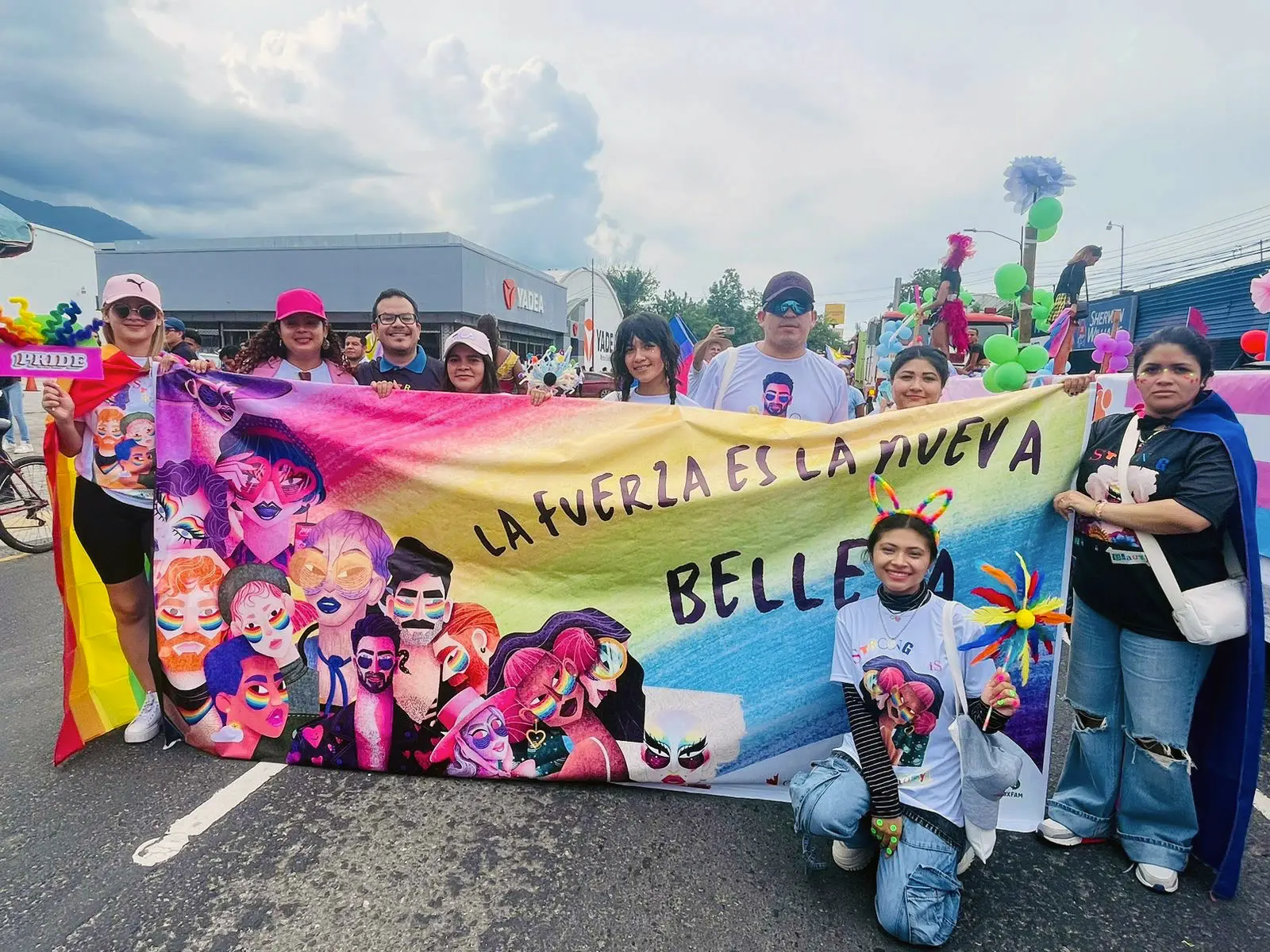
Grupo Artemisa
The feminist activists of Artemisa, based in Honduras, are gaining significant ground in their efforts to organise and empower girls and young women in their region. In a context where talking about sex is taboo, Artemisa educates and raises awareness among young people about sexual and reproductive health. An interview with Sarahi Rodas, Artemisa’s Coordinator.
Can you tell us about your work?
Our key objective is to strengthen girls’ bodily autonomy. We tell girls that bodily autonomy is not how you dress, your clothes… It goes beyond material things. It has to do with what you want to do with your body. It’s about making good decisions… It’s important for girls to love their bodies and take care of their bodies.
We conduct a wide range of activities, customising our methodologies for different age groups, from little girls to teenagers. Among other things, we like to use theatre, drawing, and painting to encourage participants to express their feelings, to enjoy themselves, and to dream. We also operate a community clinic where we provide free birth control and psychological support for girls and teenagers, as well as other people in the community.
What are recent projects that Artemisa has been working on?
Fundamental to our approach is supporting girls to organise and take ownership over decision-making, especially in their schools. To that end, we’re building a network of girls across three municipalities. In one notable success, a group of girls who love playing soccer lobbied their school to get equal playing time on the field and advocated to get a separate bathroom from the boys. They see that when they organise, they can make changes. We have engaged with some 1,500 teenagers in the area.
In recent years, we have inspired a growing team of young volunteers – from five to 15 – who are passing their experience and knowledge on to others. For us, it is proof of the value of Artemisa’s work: When one girl learns, she goes to other girls and teaches them…. I always tell the girls that knowledge is power.
‘We operate a community clinic where we provide free birth control and psychological support for girls and teenagers.’
What challenges do you face?
Despite our successes, the context remains challenging: religious groups in Honduras are currently preparing legislation to prohibit people from talking to children about sex. In response, we’re raising awareness among parents about the bill, which jeopardises the progress we’ve made.
Environmental justice – and its link to sexual and reproductive health – is another important topic for us. Most girls in the area come from agricultural communities, where climate change, pollution from extractive industries, and deforestation are having a major impact. Girls are heavily exposed to agrochemicals and water pollution, the effects of which commonly include infection and hormone disruption. To make matters worse, the municipality’s water supplies are running low: water is now only available once a week. If families want clean water, they are forced to buy it. Defending the right to water is high on Artemisa’s agenda.
We are not only informing girls about environmental injustice and climate change but prompting them to think about the impacts on their own lives. In one exercise, girls are asked to role play in response to the question: what would happen if you didn’t have water for a week? In another exercise, girls are asked to draw how they see their communities in the past, present, and future.
How does Mama Cash help your work?
We appreciate our supportive relationship with Mama Cash and the flexibility of Mama Cash funding, especially given that things can go wrong, and unexpected things can happen. We don’t feel judged at any time…. We feel like we can act without pressure. More importantly, Mama Cash believes in dreams. Mama Cash provides the money to make dreams come true.
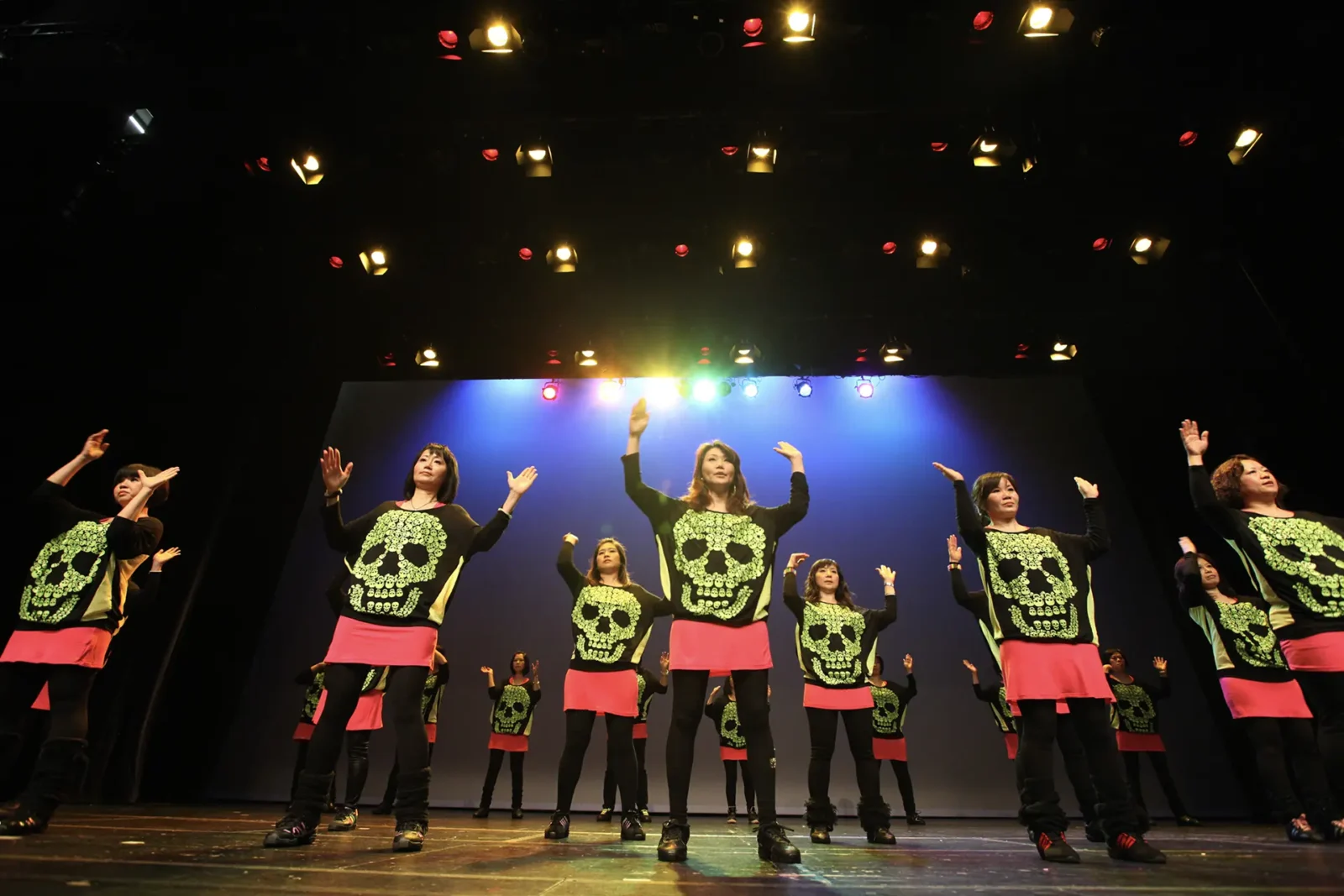
HER Fund
Civil society is facing many uncertainties in Hong Kong. In addition to growing restrictions and a worsening economic situation, many funders have stopped funding Hong Kong organisations or shifted their funding strategies. Despite this challenging context, HER Fund, based in Hong Kong, is successfully convincing funders about the importance and unique role of a local women’s fund. An interview with Judy Kan, HER Fund Executive Director.
Can you tell us more about your work?
HER Fund mobilises resources for women’s empowerment and promotion of gender equality, and we celebrated our 20th anniversary in 2024. We support the most vulnerable women, girls, and trans people in Hong Kong by providing small seed grants, capacity-building, and leadership training to grassroots organisations led by and serving the most disadvantaged. We aim to increase the visibility of marginalised communities and the issues they face.
‘HER Fund is not just a funder, but also a companion to our grantee partners.’
What has the impact of your work been?
Over the past 20 years we have made grants to over 100 organisations in Hong Kong, totalling more than €1 million. We have supported over 200 projects and, together with grantee-partners, directly benefited over 70,000 people. In the current difficult context, we are pleased to have developed partnerships with more local private foundations. We are very proud that we can increase the grant amount for each project while the world’s economic situation is uncertain.
Alongside grantmaking, our fund works closely with organisations to build their capacities. In 2024, we started our first designated programme to support ethnically diverse women’s groups with grants and capacity-building workshops. HER Fund is not just a funder, but also a companion to our grantee-partners. In addition to giving them financial grants, we provide comprehensive support, because we see this as a way to empower marginalised communities and their work to achieve sustainability and impactful development.
As part of these efforts, we secured resources to bring 10 grantee-partner leaders to the AWID International Forum. They learnt a lot and were very inspired by the leaders all around the world. They all mentioned that they have more confidence, and their passion for leading the movement has increased.
What are your priorities and how does Mama Cash help in reaching those goals?
A key priority of HER Fund is to nurture a favourable philanthropic environment, especially in Hong Kong, for grantee-partners. We aim to raise more and better funds to support more community-led organisations in gender equality movements.
A Mama Cash Solidarity Fund grant enabled us to intensify our work on resource mobilisation and communications, including by organising fundraising events. Throughout the year, we met with different funders to discuss the current situation and how to better support gender equality movements. Among other things, we organised a celebratory luncheon to mark our 20th anniversary. The event, which was supported by six corporate sponsors, including three new sponsors, raised nearly €30,000.
We’re also sharing our learnings with the wider philanthropic community. An article in Alliance Magazine highlights the importance of women’s funds and the need for more community-focused funds, intersectional grantmaking, and capacity strengthening. A 20th anniversary impact report features stories showcasing our fund’s unique role. More new and diverse themes of groups can get our funding to advance gender equality. Some of them mentioned that with our grants and accompaniment support, they can raise funds from diverse sources, and they are considering not applying for our funds again, so that more new organisations can apply to HER Fund. I can see the solidarity of our grantee-partners.
Egna Legna
Egna Legna is an organisation of community-based, feminist activists working on migrant domestic workers’ issues and general women’s issues in Lebanon and Ethiopia.
How would you describe the context you faced in 2024?
In 2024, our community faced multiple crises. The war and ongoing crisis in Lebanon, combined with the civil war in Ethiopia, created devastating challenges. Additionally, the Ethiopian government sent over 200,000 migrant workers, especially women, to the Middle East. These workers, often underage, were caught in the oppressive kafala system, where their human rights were severely abused, particularly in countries like Saudi Arabia, Lebanon, and Jordan. Many of these workers, including young girls, were placed in extremely dangerous situations, especially during the Israeli bombardment of Lebanon. The Ethiopian government was complicit, using state-sponsored campaigns via social media to promote human trafficking, taking advantage of vulnerable people, especially displaced individuals from the civil war, and exploiting them for labour in the Middle East.
How did you deal with this situation?
Our priority in 2024 was responding to the Ethiopian government’s actions facilitating human trafficking, including signing bilateral agreements that stripped migrant workers of their rights. These agreements were made with Middle Eastern countries, legally permitting exploitation under the kafala system.
We also focused on responding to the ongoing humanitarian crises caused by both the bombardment in Lebanon and the trafficking policies in Ethiopia. Our efforts included documenting cases, networking, raising awareness through local and international media, collaborating with universities, and advocating for mechanisms to hold the Ethiopian government and social media companies accountable for promoting human trafficking. We formed partnerships with international legal experts and organisations to address this issue while responding to the immediate emergency needs in Lebanon.
‘We provided emergency assistance, legal aid, and financial support to migrant workers and refugees in Lebanon.’
What was the impact of your work?
We made a significant impact by raising awareness and providing emergency assistance to tens of thousands of migrant workers and refugees. We recruited some twenty returnees from different regions of Ethiopia, who spoke various languages, to lead awareness campaigns about the kafala system and forced labour in the Middle East. These returnees travelled to over one hundred institutions, including churches, mosques, schools, and polytechnic institutes, raising awareness in both urban and rural areas. The response was overwhelmingly positive, and many institutions requested that we continue this work.
We also gathered a huge amount of data on human trafficking, migrant exploitation, and the failures of international institutions, which has been crucial for strengthening our advocacy efforts. By exposing these issues through media coverage, we succeeded in bringing global attention to the Ethiopian government’s role in trafficking and pushing for action from human rights organisations.
Furthermore, we provided emergency assistance, legal aid, and financial support to migrant workers and refugees in Lebanon, who were abandoned during the Israeli bombardments. Despite being neglected by the UN and the Lebanese government, we were able to provide direct aid and help vulnerable individuals escape dangerous situations. Our work filled the gaps where larger institutions failed to act, ensuring that thousands of migrants were not left without help.
What has Mama Cash’s support meant to you?
Mama Cash’s support has been invaluable to us. The grant allowed us to hire and provide salaries for the team members responsible for raising awareness, as well as those managing and printing awareness-raising materials. It also helped cover transportation costs for our team to travel from the city to various villages. Thanks to this support, we were able to reach and raise awareness for more than 35,000 individuals across different institutions. This outreach had a huge impact, and we consider it one of our greatest successes.
What should we know about your organisation and your priorities going forward?
It’s important to recognise that our work is truly vital, and it’s done by migrants and returnees themselves – individuals who have lived through the experience and are raising awareness in their communities through their personal stories. This is a major change in how we approach advocacy and education. We are the only organisation in Ethiopia doing this at this scale; while there are new initiatives, we are the most experienced, women-led, and migrant-led organisation focusing on this issue.
As long as human trafficking continues, both in Ethiopia and across countries like Sierra Leone and Kenya, it remains a future threat. Our work in Lebanon and Ethiopia is essential to raising awareness and preventing further exploitation. Mama Cash’s support has been crucial to our success so far, and it is needed to ensure we can continue this important work and expand our impact.
